Thinking Allowed
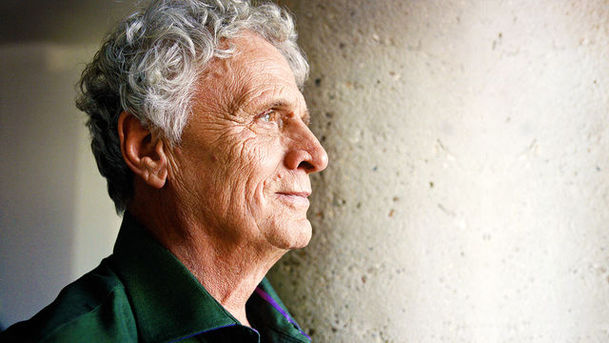
New research on how society works
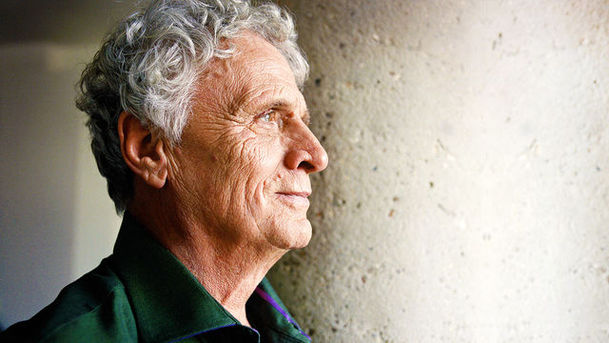
Thinking Allowed - 01/04/2009
Laurie Taylor discusses what is being called the re-Stalinisation of Russia on today's Thinking Allowed. Academic Michail Ryklin claims Putin's Russia is turning the clock back.
Details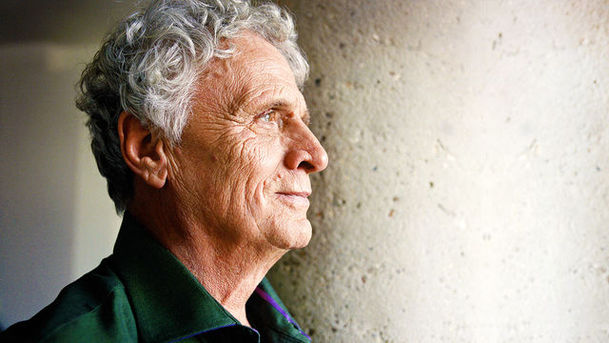
Thinking Allowed - 01/07/2009
Laurie Taylor talks to Monica Greco about the challenge to the medical mainstream posed by medically unexplained symptoms.
Details
Thinking Allowed - 01/08/2007
Human behaviour, institutions and conventions are put under the microscope as Laurie Taylor leads a discussion on topical issues coming out of the academic and research world.
Details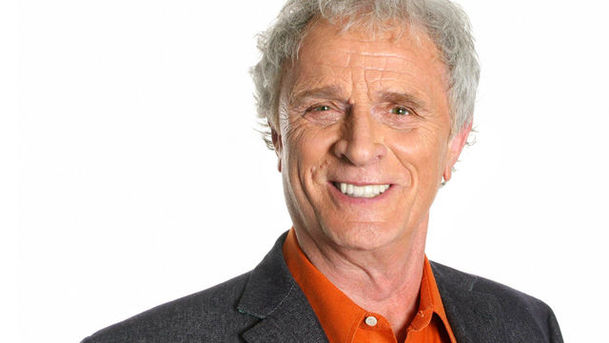
Thinking Allowed - 01/10/2008
Laurie Taylor explores the latest research into how society works.
Details
Thinking Allowed - 02/01/2008
Human behaviour, institutions and conventions are put under the microscope as Laurie Taylor leads a discussion on topical issues coming out of the academic and research world.
Details
Thinking Allowed - 02/04/2008
Can identifying with a city rather than a nation help racial integration? Laurie Taylor asks what causes harmony and what causes racial tension in today's cities.
Details
Thinking Allowed - 02/05/2007
Human behaviour, institutions and conventions are put under the microscope as Laurie Taylor leads a discussion on topical issues coming out of the academic and research world.
Details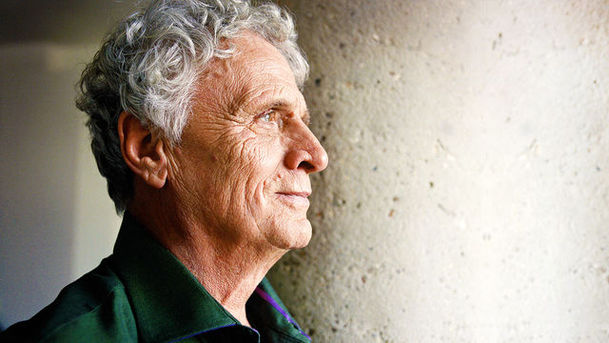
Thinking Allowed - 02/06/2010
Can the language we speak affect how we think about the world? Laurie Taylor considers the impact of our mother tongue on culture. Plus the causes of regional inequality.
Details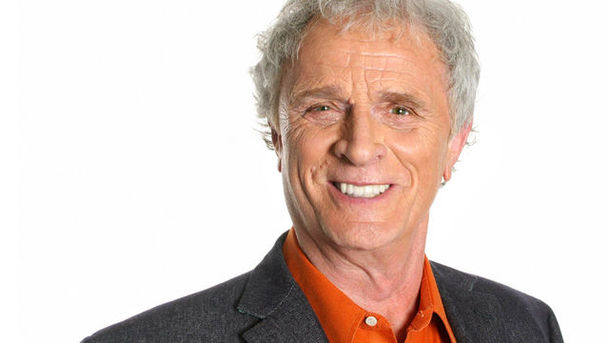
Thinking Allowed - 02/07/2008
Laurie Taylor explores the latest research into how society works. He discusses the nature of trust in modern society with the social theorist Marek Kohn.
Details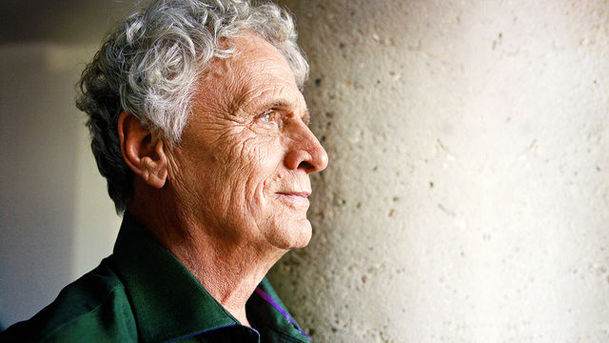
Thinking Allowed - 02/09/2009
Laurie Taylor discusses new research exploring why the politics of old age has failed to ignite a 'grey liberation' movement. Also, return migration to the Caribbean.
Details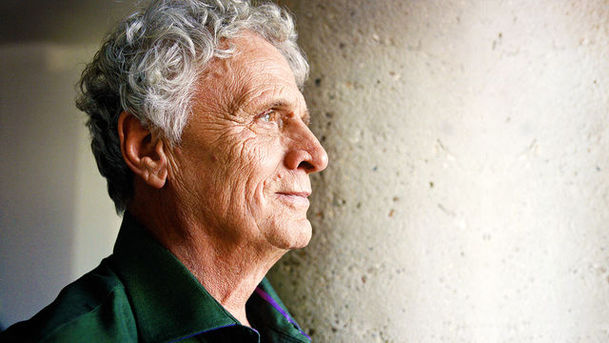
Thinking Allowed - 02/12/2009
Laurie Taylor talks to the anthropologist who went to Wall Street to study the investment bankers who work there and how their lives and ideologies shaped the financial markets.
Details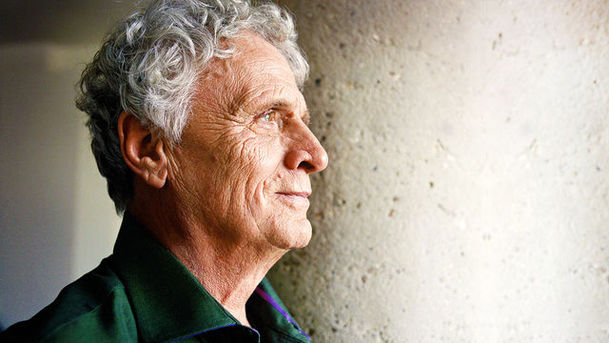
Thinking Allowed - 03/02/2010
The way countries are seen worldwide has a huge effect on their power and prosperity. Laurie Taylor explores national branding and the commodification of ethnic identity.
Details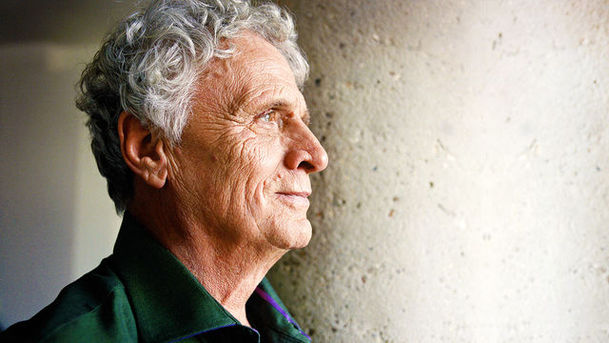
Thinking Allowed - 03/03/2010
The servant's story is a hidden history. Laurie Taylor discusses new research on the experience of servitude in the 18th century. Also, the working class at elite universities.
Details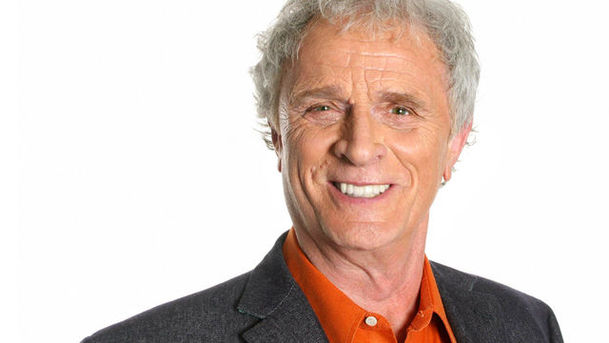
Thinking Allowed - 03/06/2009
Leading constitutional expert Vernon Bogdanor tells Laurie Taylor that the age of the mass political party is over, but it still rules in our system of government.
Details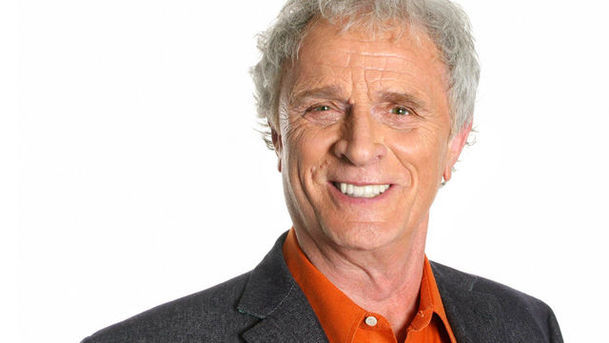
Thinking Allowed - 03/09/2008
Laurie Taylor explores the latest research into how society works.
Details
Thinking Allowed - 03/10/2007
Human behaviour, institutions and conventions are put under the microscope as Laurie Taylor leads a discussion on topical issues coming out of the academic and research world.
Details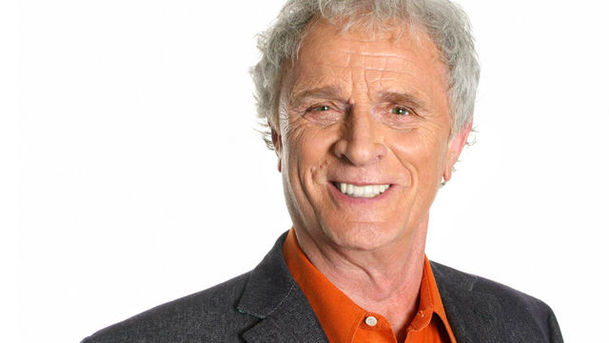
Thinking Allowed - 03/12/2008
Laurie Taylor explores the latest research into how society works.
Details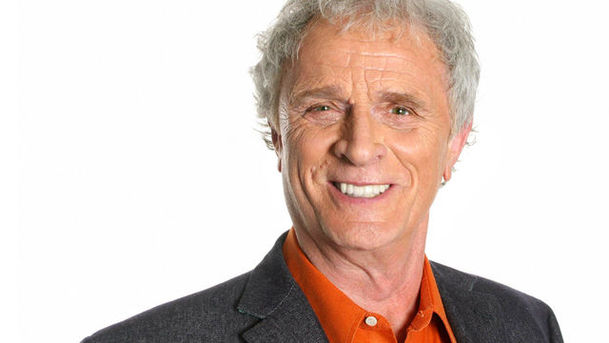
Thinking Allowed - 04/02/2009
Laurie Taylor explores the latest research into how society works.
Details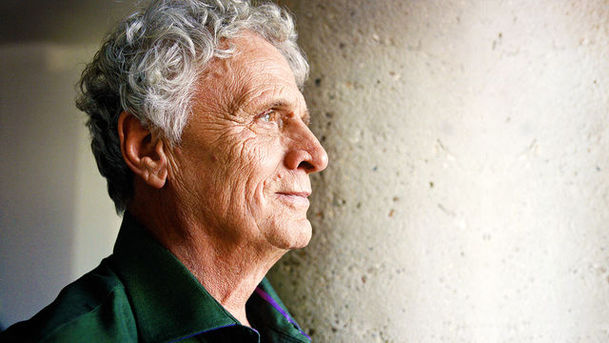
Thinking Allowed - 04/03/2009
Laurie Taylor explores the latest research into how society works.
Details
Thinking Allowed - 04/04/2007
Human behaviour, institutions and conventions are put under the microscope as Laurie Taylor leads the discussion on topical issues coming out of the academic and research world.
Details
Thinking Allowed - 04/06/2007
Human behaviour, institutions and conventions are put under the microscope as Laurie Taylor leads a discussion on topical issues coming out of the academic and research world.
Details
Thinking Allowed - 04/06/2008
Laurie Taylor explores the latest research into how society works.
Details
Thinking Allowed - 04/07/2007
Laurie Taylor hears surprising tales from a Peruvian anthropologist on how Amazonian Indians make friends.
Details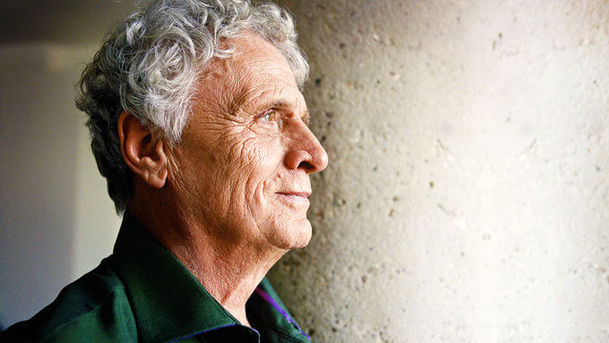
Thinking Allowed - 04/11/2009
In the first of three of special programmes in association with the Open University, Laurie Taylor explores the subject of white collar crime. What is it, who commits it and why?
Details
Thinking Allowed - 05/03/2008
Human behaviour, institutions and conventions are put under the microscope as Laurie Taylor leads the discussion on topical items and issues coming out of the academic world.
Details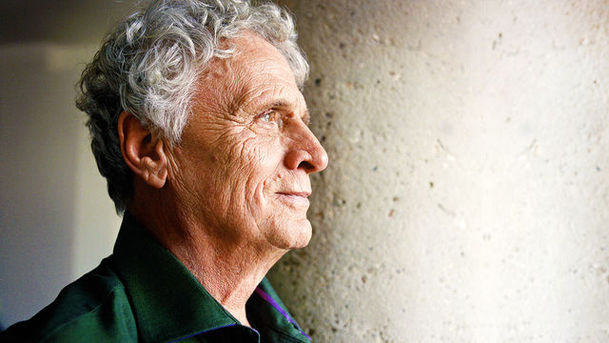
Thinking Allowed - 05/08/2009
What led the Turkish Islamist movement to embrace liberal democracy and become the government? Also, what you really need to get a good job in Britain.
Details
Thinking Allowed - 05/09/2007
Laurie Taylor is joined by David Willetts and Frank Field to explore the statistics and cross-examine specialists in a bid to explain the social gaps in today's divided Britain.
Details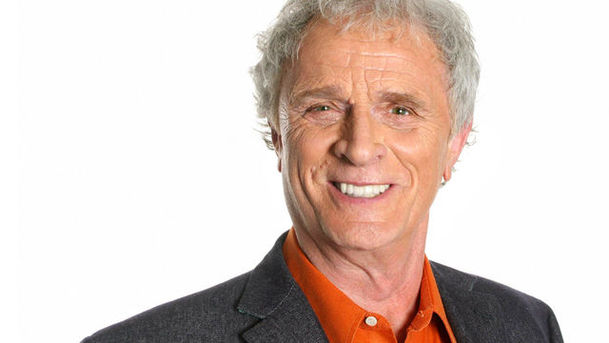
Thinking Allowed - 05/11/2008
Laurie Taylor explores the latest research into how police get a confession from suspects - tactics a bit different from in Guy Fawkes's day.
Details
Thinking Allowed - 05/12/2007
Human behaviour, institutions and conventions are put under the microscope as Laurie Taylor leads a discussion on topical issues coming out of the academic and research world.
Details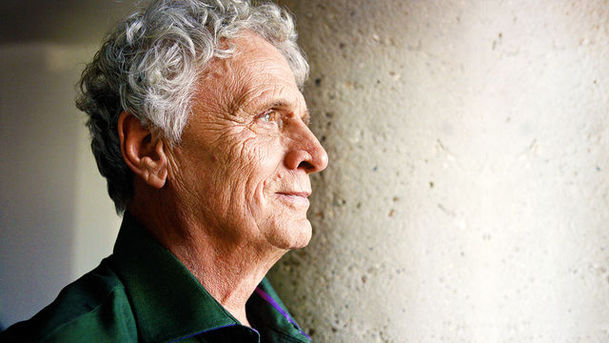
Thinking Allowed - 06/01/2010
Cowards, traitors, dodgers, effeminates - Laurie Taylor discusses reactions to conscientious objectors during the First World War.
Details
Thinking Allowed - 06/02/2008
Human behaviour, institutions and conventions are put under the microscope as Laurie Taylor leads a discussion on topical issues coming out of the academic and research world.
Details
Thinking Allowed - 06/05/2007
Human behaviour, institutions and conventions are put under the microscope as Laurie Taylor leads a discussion on topical issues coming out of the academic and research world.
Details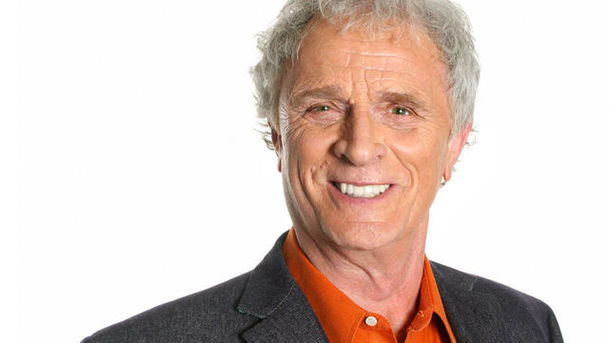
Thinking Allowed - 06/05/2009
Laurie Taylor asks if the buildings built today cater for modern life or merely reflect idealistic dreams, and also discusses the enduring influence of class.
Details
Thinking Allowed - 06/06/2007
Laurie Taylor discusses a new study with author Kester Aspden into one of the most notorious cases of police racism in Britain, after a body was pulled from a Leeds canal in 1969.
Details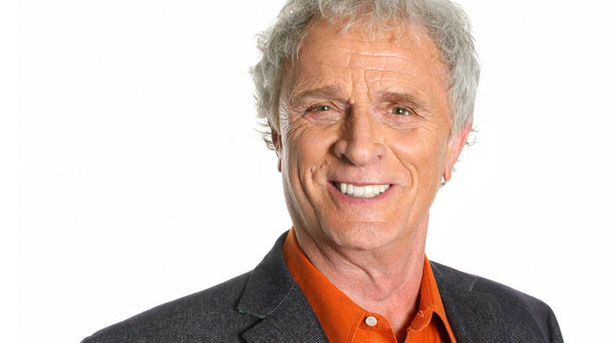
Thinking Allowed - 06/08/2008
Laurie Taylor explores the latest research into how society works.
Details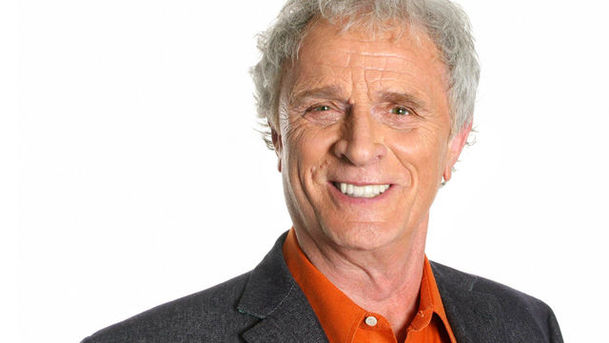
Thinking Allowed - 07/01/2009
Laurie Taylor explores the latest research into how society works.
Details
Thinking Allowed - 07/02/2007
Human behaviour, institutions and conventions are put under the microscope as Laurie Taylor leads a discussion on topical issues coming out of the academic and research world.
Details
Thinking Allowed - 07/03/2007
Human behaviour, institutions and conventions are put under the microscope as Laurie Taylor leads a discussion on topical issues coming out of the academic and research world.
Details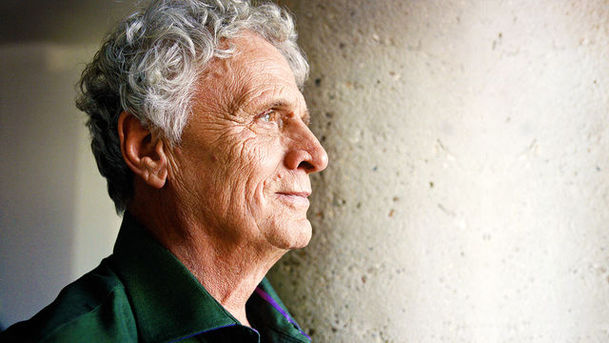
Thinking Allowed - 07/04/2010
Laurie Taylor discusses whether the secular world and the traditions of Western Europe are under threat from religious fundamentalists.
Details
Thinking Allowed - 07/05/2008
Laurie Taylor explores the latest research into how society works.
Details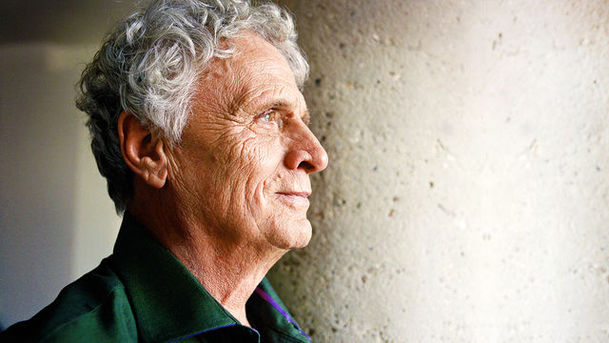
Thinking Allowed - 07/10/2009
Laurie Taylor talks to Loic Wacquant about his belief that the US' social state is shrinking as its prison system grows. Is the US punishing its poor and is the UK doing the same?
Details
Thinking Allowed - 07/11/2007
Human behaviour, institutions and conventions are put under the microscope as Laurie Taylor leads a discussion on topical issues coming out of the academic and research world.
Details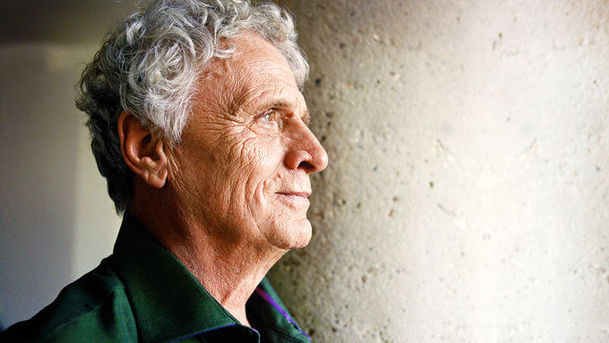
Thinking Allowed - 08/04/2009
Laurie Taylor is in Leeds to visit the first exhibition to draw together images of how, historically, artists have represented the social order.
Details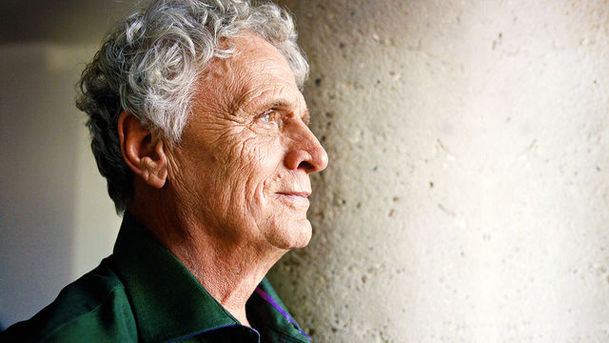
Thinking Allowed - 08/07/2009
What light does the theory of evolution throw on the development of societies? Also, why women go to sex clubs in Thailand.
Details
Thinking Allowed - 08/08/2007
Human behaviour, institutions and conventions are put under the microscope as Laurie Taylor leads a discussion on topical issues coming out of the academic and research world.
Details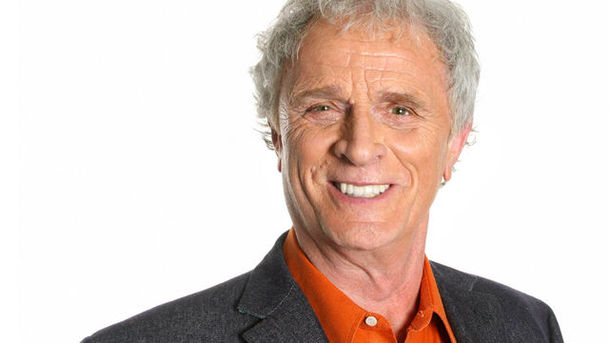
Thinking Allowed - 08/10/2008
Laurie Taylor explores the latest research into how society works.
Details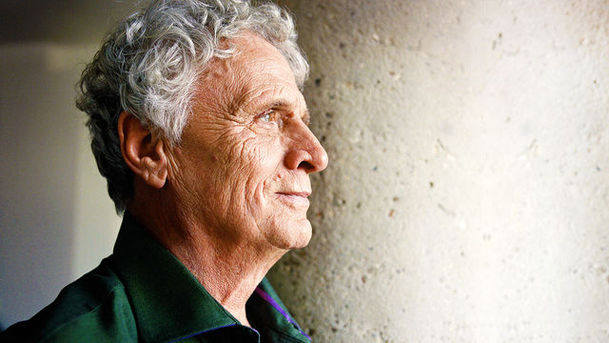
Thinking Allowed - 08/12/2010
Laurie Taylor explores the latest research into how society works.
Details
Thinking Allowed - 09/01/2008
Human behaviour, institutions and conventions are put under the microscope as Laurie Taylor leads a discussion on topical issues coming out of the academic and research world.
Details
Thinking Allowed - 09/04/2008
Laurie Taylor explores the latest research into how society works.
Details
Thinking Allowed - 09/05/2007
Laurie Taylor discusses a scholarly study of Esalen, the Californian institute which introduced the West to the spiritual teaching of the East.
Details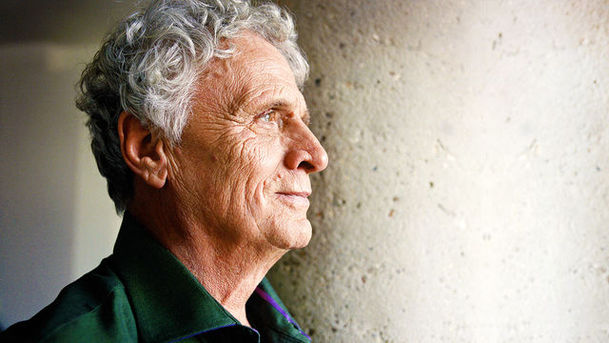
Thinking Allowed - 09/06/2010
The way in which we commemorate our war dead has changed dramatically. Laurie Taylor discusses a new study which explores the way we memorialise the casualties of the Afghan War.
Details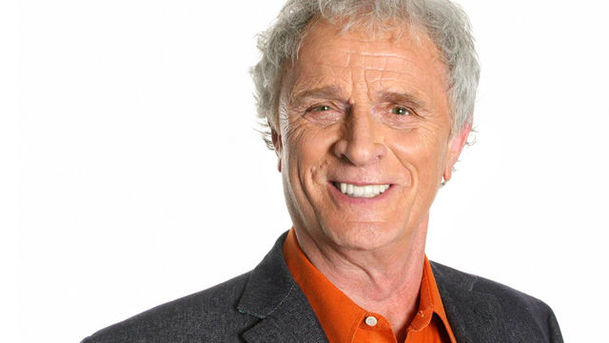
Thinking Allowed - 09/07/2008
Laurie Taylor explores the latest research into how society works. He discusses the history of glamour with Stephen Gundle.
Details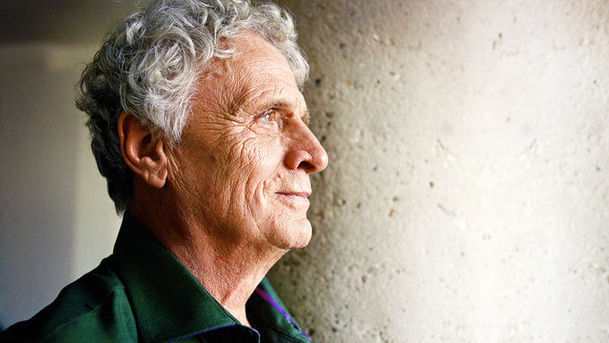
Thinking Allowed - 09/09/2009
Laurie Taylor discusses new research into high achieving school children. How do boys and girls negotiate being both succesful academically and popular with their peers?
Details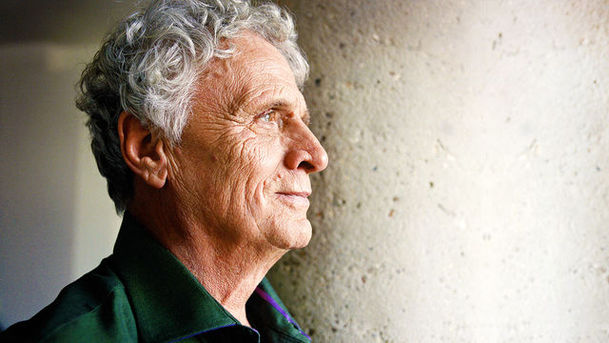
Thinking Allowed - 09/12/2009
As the numbers of people who live on their own increases, what does this mean for wider society? Laurie Taylor also discusses banking culture in the UK.
Details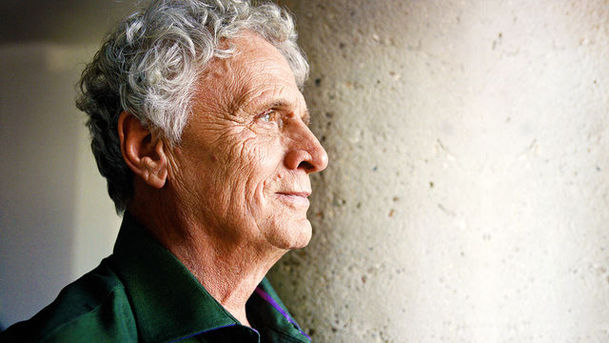
Thinking Allowed - 10/02/2010
How has consumerism affected what it means to be black? Paul Gilroy discusses how African Americans now struggle for commodities rather than rights. Plus, the history of tea.
Details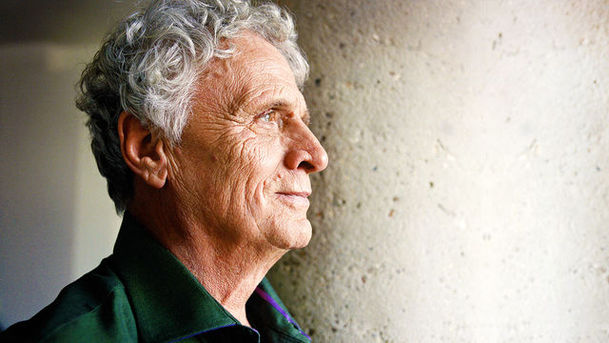
Thinking Allowed - 10/03/2010
Military futurologists have produced reports predicting threats to the West since the Cold War; Laurie Taylor discusses a new survey of this genre. The nature of anti-racist comedy.
Details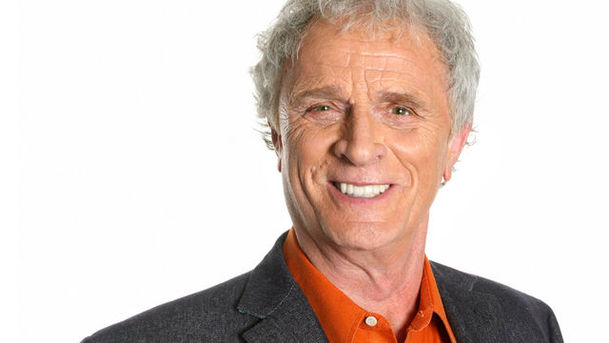
Thinking Allowed - 10/06/2009
Laurie Taylor discusses the ideas behind the exhibitions held at the height of the Imperial era, when colonial powers brought back 'exotic' examples of the peoples they found.
Details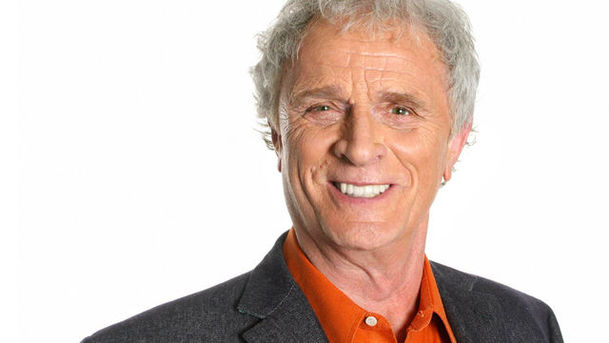
Thinking Allowed - 10/09/2008
Laurie Taylor explores the latest research into how society works.
Details
Thinking Allowed - 10/10/2007
Human behaviour, institutions and conventions are put under the microscope as Laurie Taylor leads a discussion on topical issues coming out of the academic and research world.
Details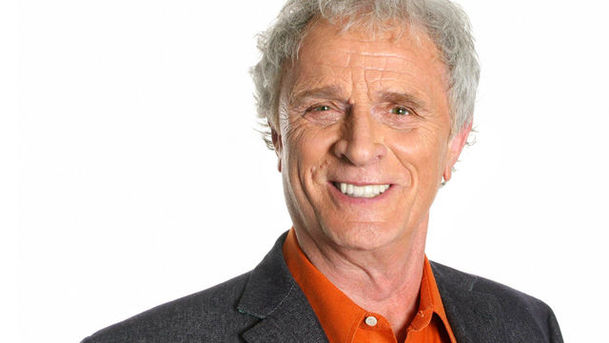
Thinking Allowed - 10/12/2008
Was the Imperial era the result of repressed sexuality? Laurie Taylor discusses the idea with Robert Muchembled, author of Orgasm and the West, and historian Joanna Bourke.
Details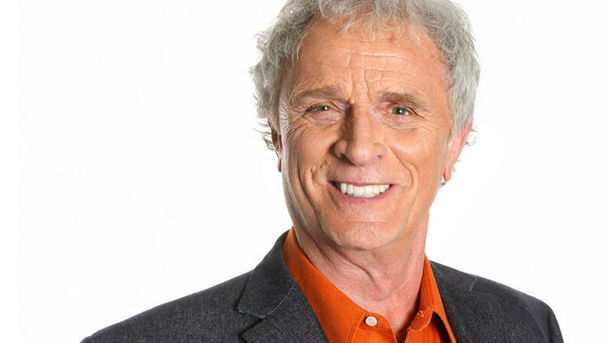
Thinking Allowed - 11/02/2009
Laurie Taylor explores the latest research into how society works.
Details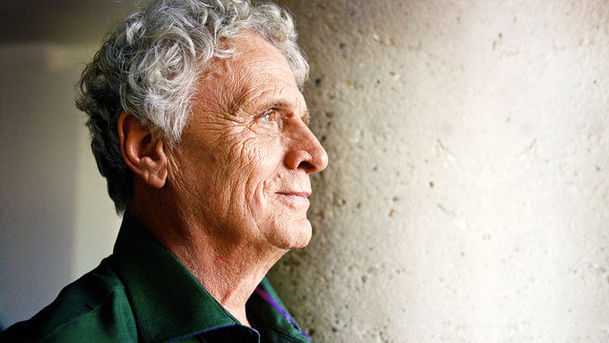
Thinking Allowed - 11/03/2009
Laurie Taylor explores the latest research into how society works.
Details
Thinking Allowed - 11/04/2007
Laurie Taylor and a panel of experts look at the social cost of China's vast economic expansion. Some 200 million migrant workers are moving great distances in order to find work.
Details
Thinking Allowed - 11/06/2007
Laurie Taylor discusses a new study with author Kester Aspden into one of the most notorious cases of police racism in Britain, after a body was pulled from a Leeds canal in 1969.
Details
Thinking Allowed - 11/07/2007
Human behaviour, institutions and conventions are put under the microscope as Laurie Taylor leads a discussion on topical issues coming out of the academic and research world.
Details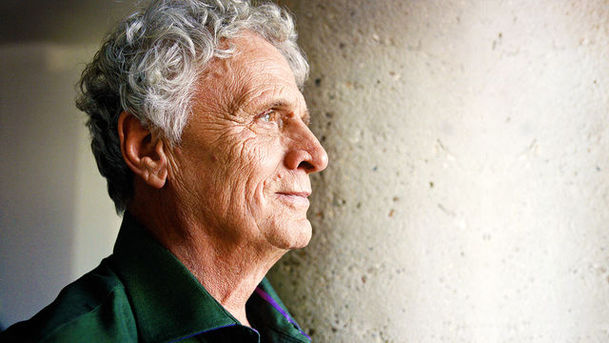
Thinking Allowed - 11/11/2009
Laurie Taylor explores the culture of corporate crime and how regulatory bodies serve to keep the police at arm's length.
Details
Thinking Allowed - 12/03/2008
Human behaviour, institutions and conventions are put under the microscope as Laurie Taylor leads the discussion on topical items and issues coming out of the academic world.
Details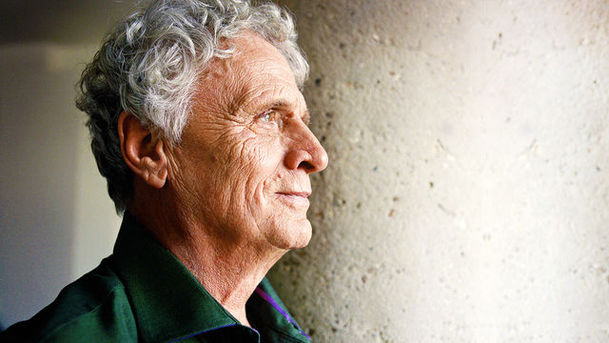
Thinking Allowed - 12/08/2009
Laurie Taylor discusses myth and reality in the history of the British police, and the paradox of the Scottish diaspora.
Details
Thinking Allowed - 12/09/2007
Human behaviour, institutions and conventions are put under the microscope as Laurie Taylor leads a discussion on topical issues coming out of the academic and research world.
Details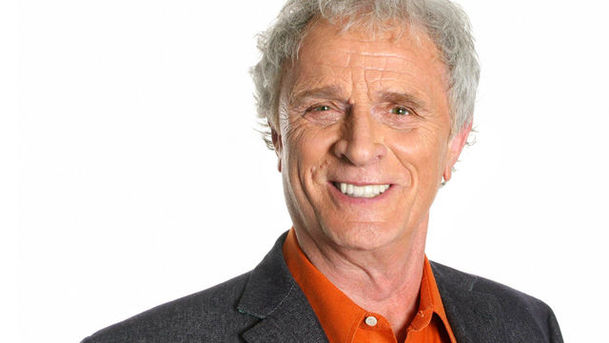
Thinking Allowed - 12/11/2008
Laurie Taylor talks to Amanda Vickery about the history of the home.
Details
Thinking Allowed - 12/12/2007
Laurie Taylor explores a new study of the history of hunger, from the famines of the 19th century to the Jarrow March.
Details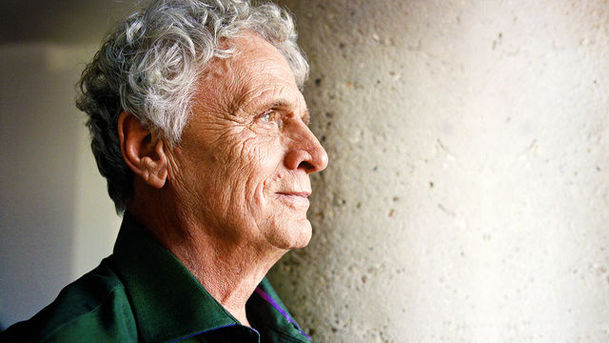
Thinking Allowed - 13/01/2010
Laurie Taylor discusses a detailed analysis of how some cartoons in a Danish newspaper caused outrage across the Islamic world. Also, the secret significance of tourist snaps.
Details
Thinking Allowed - 13/02/2008
Laurie Taylor explores the lot of London's poor a century ago through the accounts of pioneering Socialist reformer Beatrice Webb.
Details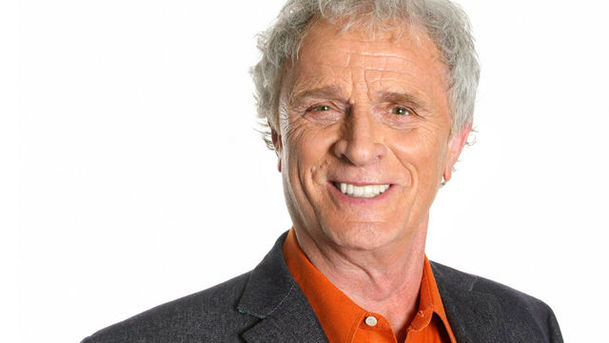
Thinking Allowed - 13/05/2009
Are walls going up around Britain's communities? Are we sleepwalking to racial segregation? Laurie hears of new research which counters some contemporary fears about immigration.
Details
Thinking Allowed - 13/06/2007
Human behaviour, institutions and conventions are put under the microscope as Laurie Taylor leads the discussion on topical issues coming out of the academic and research world.
Details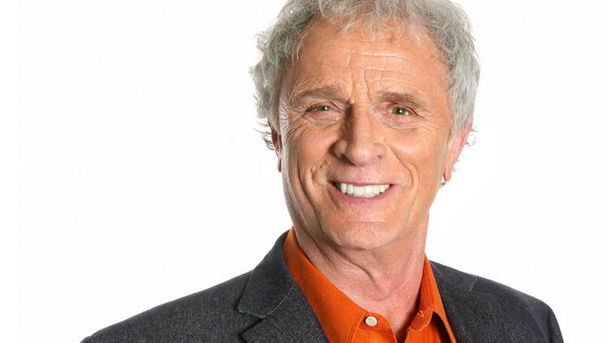
Thinking Allowed - 14/01/2009
Laurie Taylor explores the latest research into how society works.
Details
Thinking Allowed - 14/02/2007
Human behaviour, institutions and conventions are put under the microscope as Laurie Taylor leads a discussion on topical issues coming out of the academic and research world.
Details
Thinking Allowed - 14/03/2007
The established cultures of the financial world's trading markets are succumbing to modern technology. Laurie Taylor talks to Caitlin Zaloom about the arcane rites of a dying world.
Details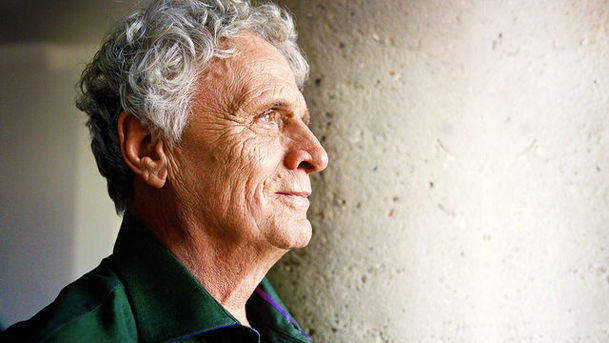
Thinking Allowed - 14/04/2010
The British weekend began with the Manchester half-day holiday in 1843, but a new report shows it on the verge of finally disappearing. Also, research on families educating at home.
Details
Thinking Allowed - 14/05/2007
Laurie Taylor discusses a scholarly study of Esalen, the Californian institute which introduced the West to the spiritual teaching of the East.
Details
Thinking Allowed - 14/05/2008
Laurie Taylor explores the latest research into how society works.
Details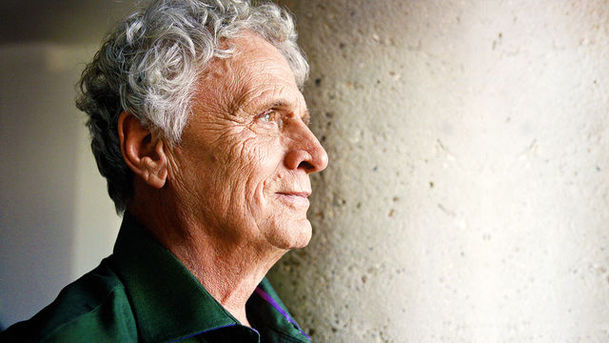
Thinking Allowed - 14/10/2009
Laurie Taylor finds out about what we leave with the dead and why. He talks to Sheila Harper, sociologist at the Centre for Death and Society at the University of Bath.
Details
Thinking Allowed - 14/11/2007
Human behaviour, institutions and conventions are put under the microscope as Laurie Taylor leads a discussion on topical issues coming out of the academic and research world.
Details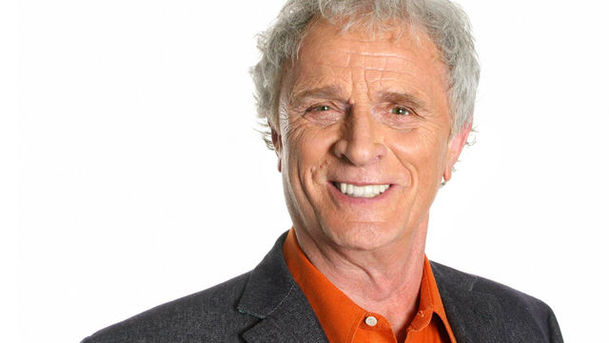
Thinking Allowed - 15/04/2009
Laurie Taylor explores the history of biometrics and discusses the moral dilemmas of modern medical sociology.
Details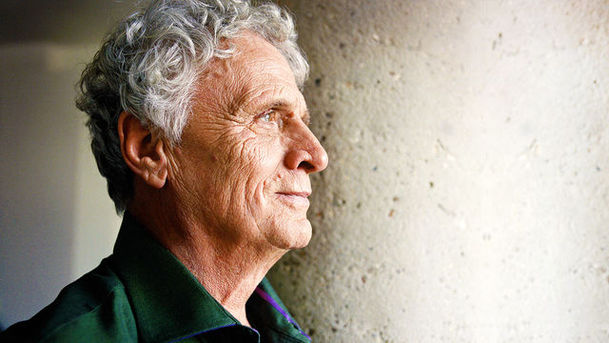
Thinking Allowed - 15/07/2009
Laurie Taylor explores the latest research into how society works. What difference does the relative wealth of individuals make to the relative health and happiness of society?
Details
Thinking Allowed - 15/08/2007
Human behaviour, institutions and conventions are put under the microscope as Laurie Taylor leads a discussion on topical issues coming out of the academic and research world.
Details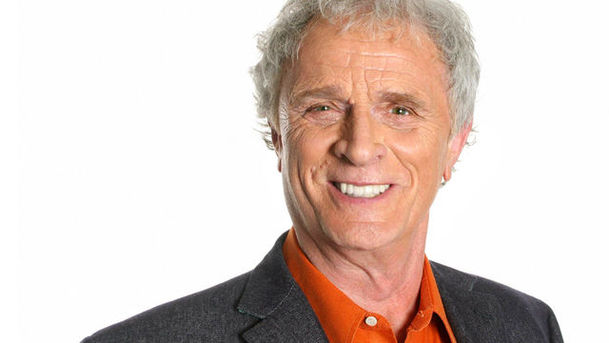
Thinking Allowed - 15/10/2008
Laurie Taylor explores the latest research into how society works.
Details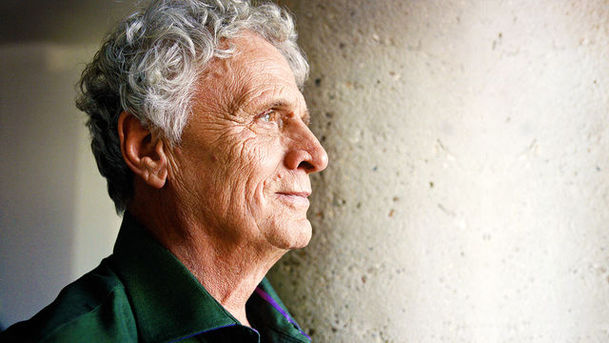
Thinking Allowed - 15/12/2010
Laurie Taylor explores the latest research into how society works.
Details
Thinking Allowed - 16/01/2008
Human behaviour, institutions and conventions are put under the microscope as Laurie Taylor leads a discussion on topical issues coming out of the academic and research world.
Details
Thinking Allowed - 16/04/2008
Laurie Taylor explores the latest research into how society works.
Details
Thinking Allowed - 16/05/2007
Laurie Taylor hears surprising tales from a Peruvian anthropologist on how Amazonian Indians make friends.
Details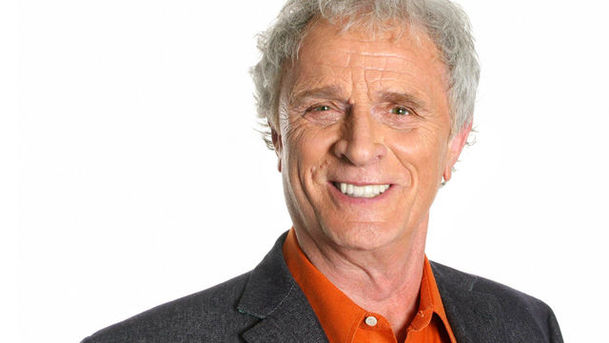
Thinking Allowed - 16/07/2008
Laurie Taylor explores the latest research into how society works.
Details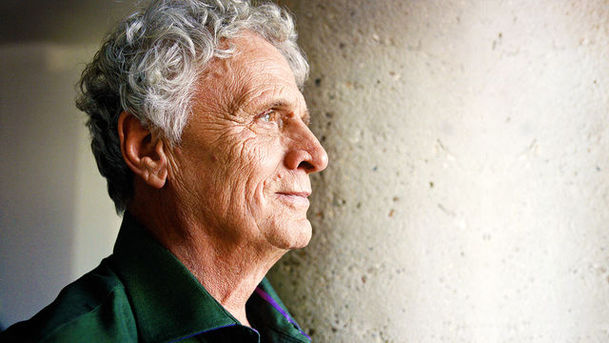
Thinking Allowed - 16/09/2009
Laurie Taylor finds out about restorative justice and whether it has worked in Northern Ireland. Also, what does history teach us about how to live our lives?
Details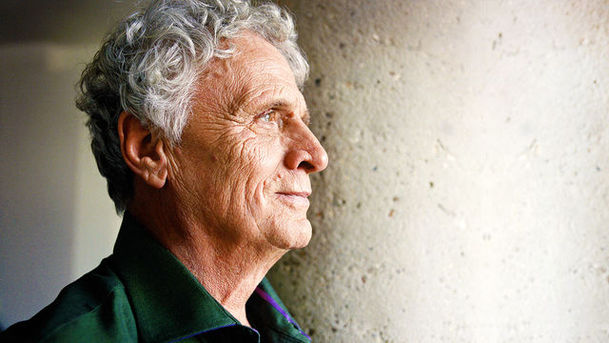
Thinking Allowed - 16/12/2009
Laurie Taylor on the history of prison clothing, from 19th-century broad arrows to the orange jumpsuits of Guantanamo, and how clothing has been used to punish and rehabilitate.
Details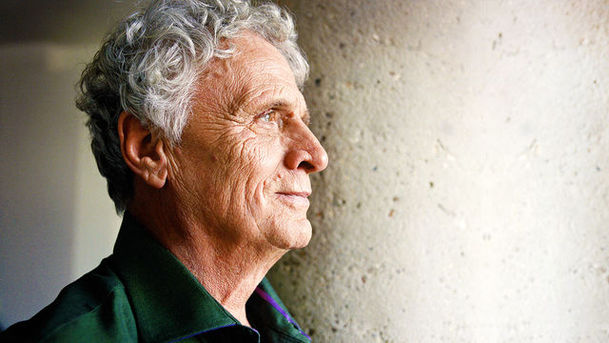
Thinking Allowed - 17/02/2010
Intellectual property wars from the Renaissance to the digital age; Adrian Johns explores copyright battles past and present; the morality of obesity.
Details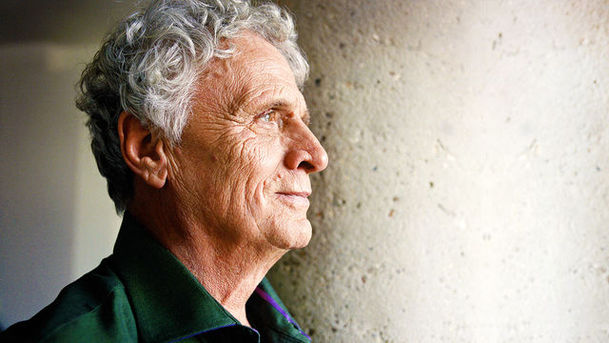
Thinking Allowed - 17/03/2010
Why have incidents of house burglary dropped by over half in ten years? Laurie Taylor explores changing fashions in crime. Also, the place of milk in modern society.
Details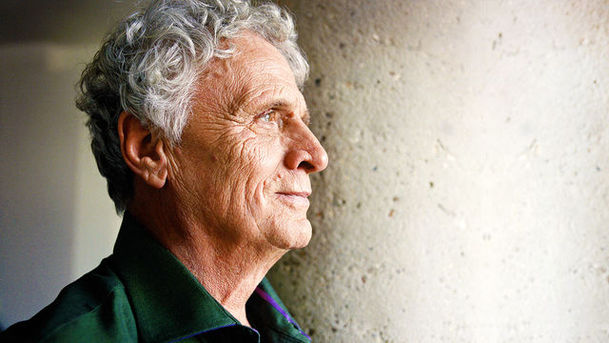
Thinking Allowed - 17/06/2009
Potato cultivation has increased hugely in Russia since the dissolution of the USSR. Professor Nancy Ries claims that it is a sign of oppression, poverty and bare subsistence.
Details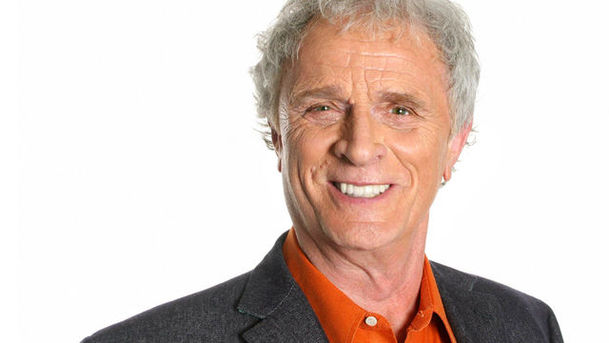
Thinking Allowed - 17/09/2008
Laurie Taylor explores the latest research into how society works.
Details
Thinking Allowed - 17/10/2007
Human behaviour, institutions and conventions are put under the microscope as Laurie Taylor leads a discussion on topical issues coming out of the academic and research world.
Details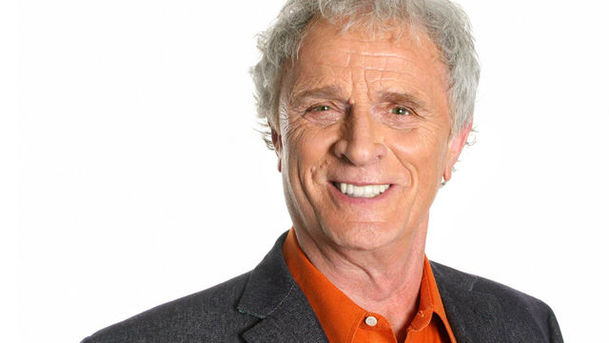
Thinking Allowed - 17/12/2008
Laurie Taylor explores the latest research into how society works.
Details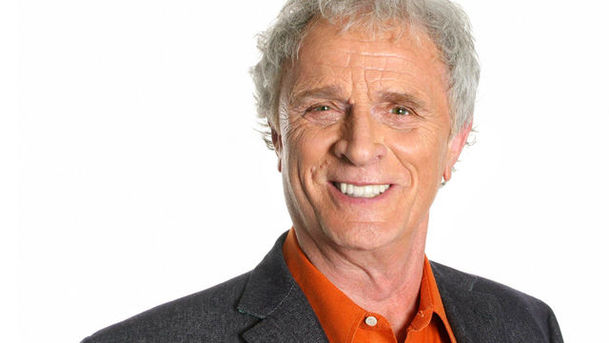
Thinking Allowed - 18/02/2009
Laurie Taylor explores the latest research into how society works.
Details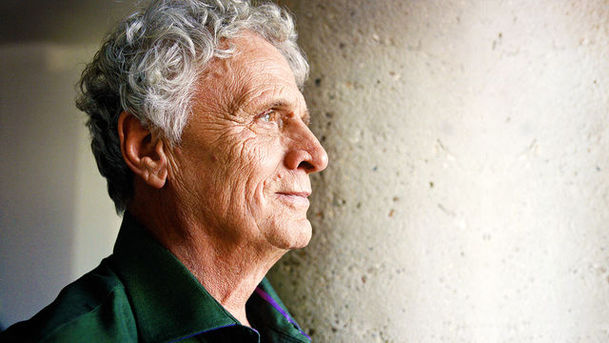
Thinking Allowed - 18/03/2009
Laurie Taylor explores the latest research into how society works.
Details
Thinking Allowed - 18/04/2007
Human behaviour, institutions and conventions are put under the microscope as Laurie Taylor leads a discussion on topical issues coming out of the academic and research world.
Details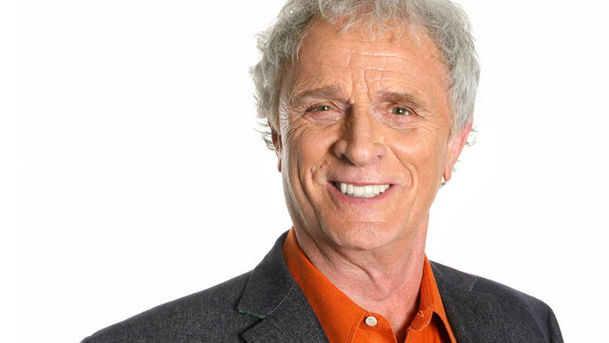
Thinking Allowed - 18/06/2008
Laurie Taylor explores the latest research into how society works.
Details
Thinking Allowed - 18/07/2007
Human behaviour, institutions and conventions are put under the microscope as Laurie Taylor leads a discussion on topical issues coming out of the academic and research world.
Details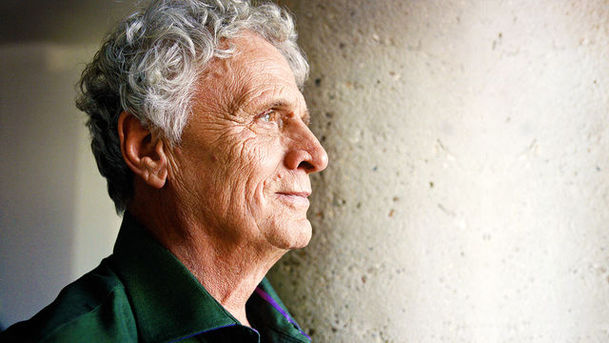
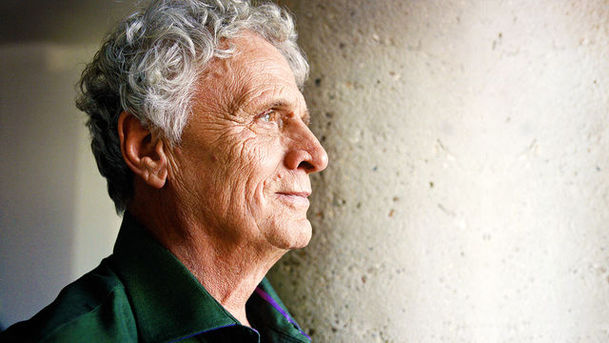
Thinking Allowed - 19/01/2011
Why do young delinquents in Belfast carry on despite terrible punishments dished out by paramilitaries? Also - why people donate more money to natural disasters than human ones.
Details
Thinking Allowed - 19/03/2008
Human behaviour, institutions and conventions are put under the microscope as Laurie Taylor leads the discussion on topical items and issues coming out of the academic world.
Details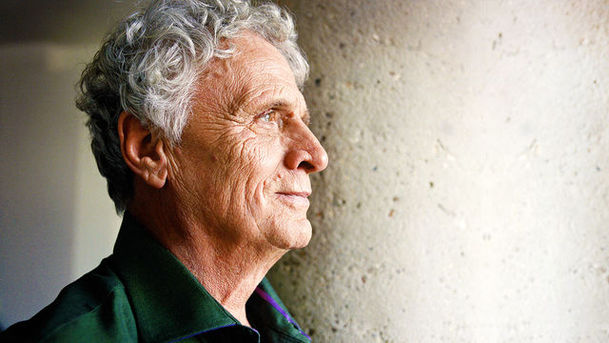
Thinking Allowed - 19/05/2010
What is the social impact of someone starting family research? Laurie Taylor discusses new research into the rifts caused by genealogy. Also a cultural history of Scouse.
Details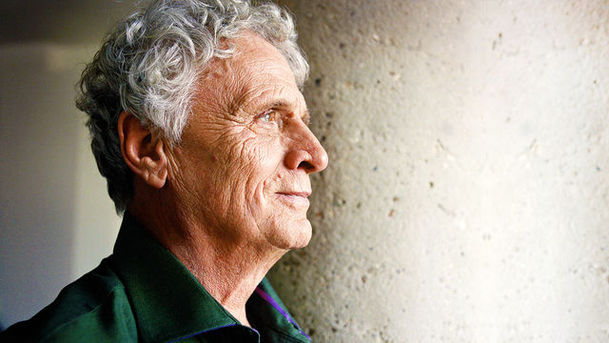
Thinking Allowed - 19/08/2009
Laurie Taylor discusses new research which claims to show that the most unequal societies are the most religious. Also, what counts in an interview for Oxford?
Details
Thinking Allowed - 19/09/2007
Human behaviour, institutions and conventions are put under the microscope as Laurie Taylor leads a discussion on topical issues coming out of the academic and research world.
Details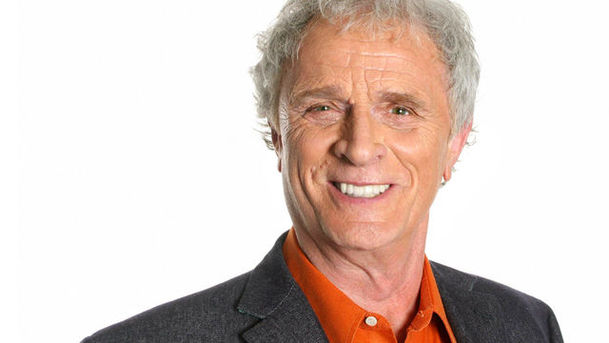
Thinking Allowed - 19/11/2008
Laurie Taylor explores the latest research into how society works.
Details
Thinking Allowed - 19/12/2007
Laurie Taylor explores the history of British gardening. Historian Niall Ferguson discusses the vastly underestimated influence of financial markets on the course of world events.
Details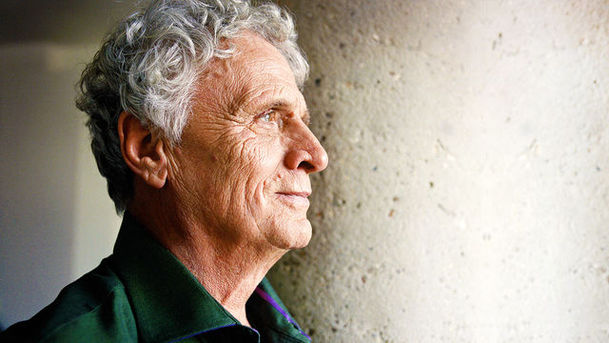
Thinking Allowed - 20/01/2010
Laurie Taylor discusses how the experience of work will change in the future. Also a comparative study of children's 'teddy bear diaries' in Norway and China.
Details
Thinking Allowed - 20/02/2008
Human behaviour, institutions and conventions are put under the microscope as Laurie Taylor leads the discussion on topical items and issues coming out of the academic world.
Details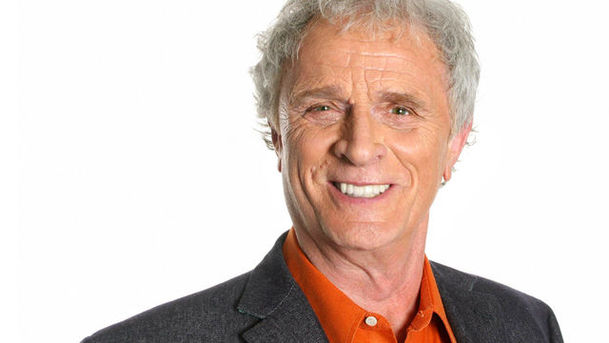
Thinking Allowed - 20/05/2009
The thrill of the disreputable brought hordes of whites to Harlem in the Jazz Age. Laurie Taylor hears how the practice of 'slumming' revolutionised US racial and sexual politics.
Details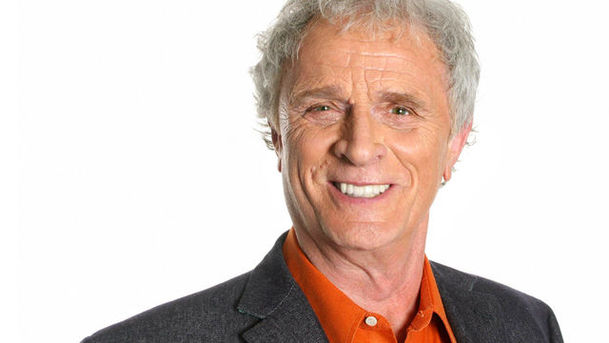
Thinking Allowed - 21/01/2009
Laurie Taylor explores the latest research into how society works.
Details
Thinking Allowed - 21/02/2007
Mortuary worker, sewer engineer, sex worker, refuse collector… how do the people who do society's dirtiest jobs manage to make their occupations seem more palatable?
Details
Thinking Allowed - 21/03/2007
Laurie Taylor talks to PJ Waddington, the author of a major new study into violence at work and its effects.
Details
Thinking Allowed - 21/05/2007
Laurie Taylor hears surprising tales from a Peruvian anthropologist on how Amazonian Indians make friends.
Details
Thinking Allowed - 21/05/2008
Laurie Taylor explores the latest research into how society works.
Details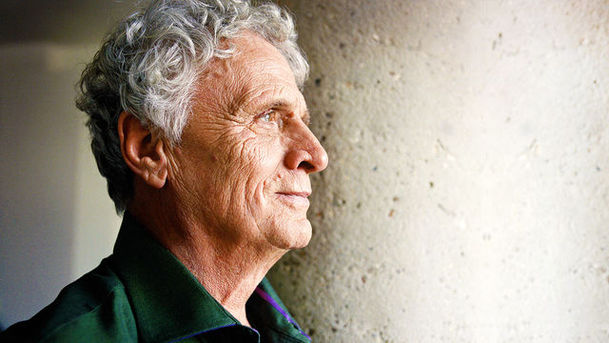
Thinking Allowed - 21/10/2009
From suburbs to housing estates Laurie Taylor explores the history and future of urban planning. Also modernity and memory - why contemporary life makes us forgetful.
Details
Thinking Allowed - 21/11/2007
Human behaviour, institutions and conventions are put under the microscope as Laurie Taylor leads a discussion on topical issues coming out of the academic and research world.
Details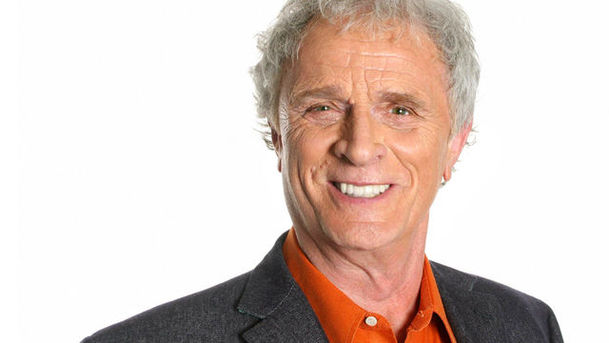
Thinking Allowed - 22/04/2009
From duels to drive-by, Laurie Taylor discusses the history of murder. He also hears from a German ethnographer on the hunt for the Young Scottish Conservatives.
Details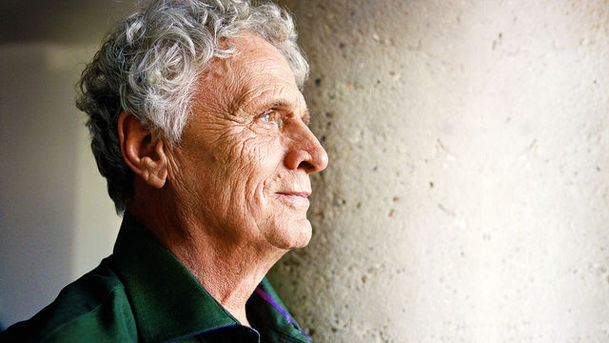
Thinking Allowed - 22/07/2009
Laurie Taylor hears how race is still a huge disadvantage for black girls, despite the fact that they do better in school than black boys. Plus, the secret history of British roads.
Details
Thinking Allowed - 22/08/2007
1/3. Laurie Taylor presents three programmes examining the social gaps in today's divided Britain. He is joined by politicians David Willetts and Frank Field.
Details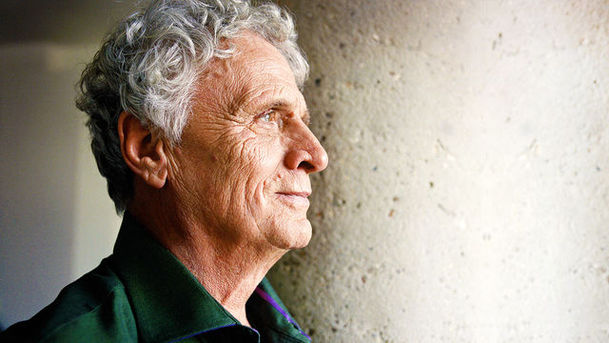
Thinking Allowed - 22/09/2010
The washing machine has changed the world more than the internet - that's the claim of economist Ha-Joon Chang as he attempts to dispel the myths of free-market capitalism.
Details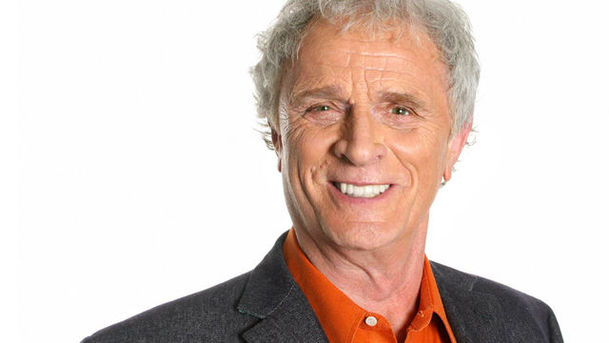
Thinking Allowed - 22/10/2008
Laurie Taylor speaks to Harvard's Robert Sampson about his latest research into what causes disorder in cities.
Details
Thinking Allowed - 23/01/2008
Human behaviour, institutions and conventions are put under the microscope as Laurie Taylor leads a discussion on topical issues coming out of the academic and research world.
Details
Thinking Allowed - 23/04/2008
Laurie Taylor explores the latest research into how society works.
Details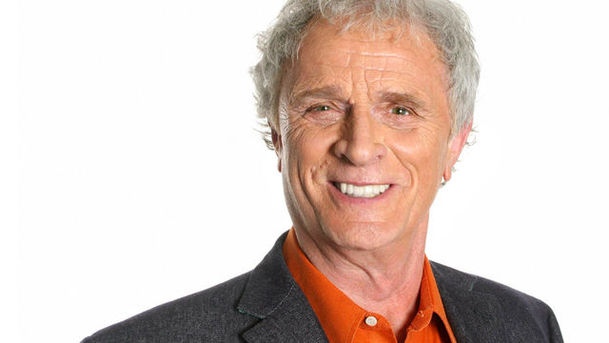
Thinking Allowed - 23/07/2008
Laurie Taylor explores the latest research into how society works.
Details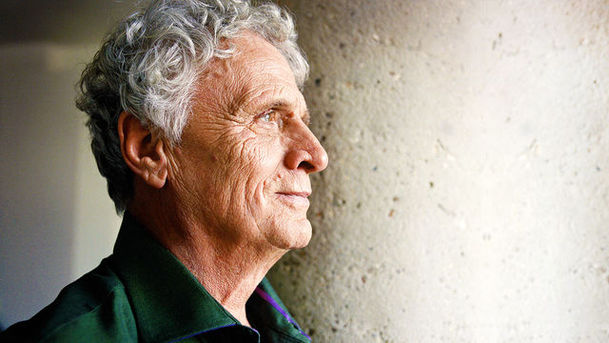
Thinking Allowed - 23/09/2009
Laurie Taylor discusses the role of acquaintances, and why the people who are neither friend nor stranger are incredibly important.
Details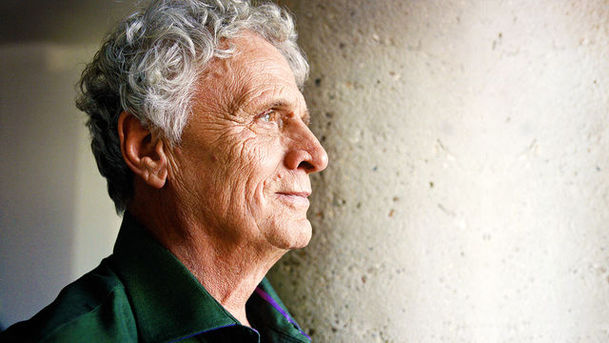
Thinking Allowed - 23/12/2009
Laurie Taylor talks to social anthropologist Adam Kuper about why the success of the bourgeoisie in Victorian England relied on marrying within the family.
Details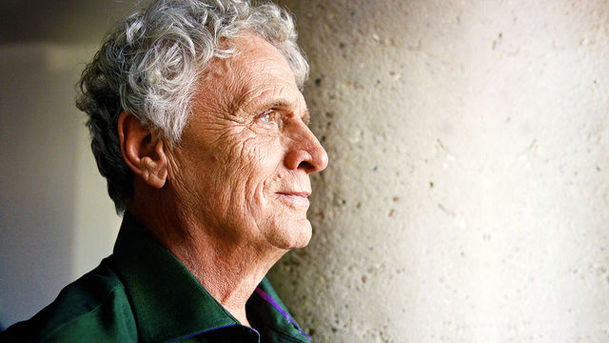
Thinking Allowed - 24/02/2010
Open plan offices and airy atriums are supposed to bring a democratic edge to architecture, but we ignore the value of corridors at our peril.
Details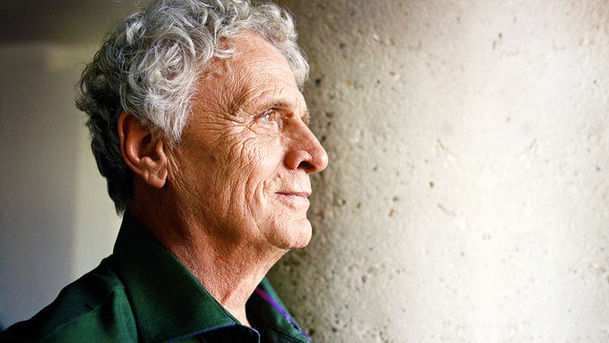
Thinking Allowed - 24/03/2010
Why does a book fair represent so much more than economics to the publishing industry? Also criminal justice in the 18th century: Laurie Taylor discusses the Bow Street Runners.
Details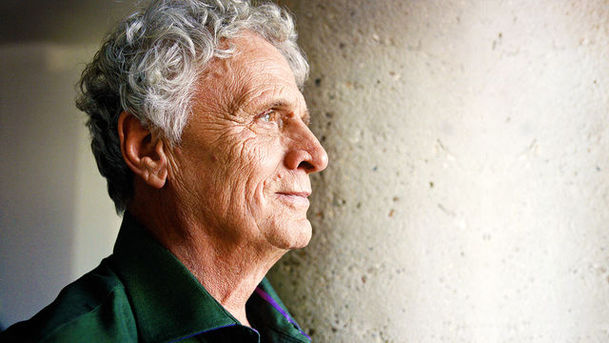
Thinking Allowed - 24/06/2009
Laurie Taylor discusses geopolitics and the science of spheres of influence with Gerry Kearns, plus Romani culture with Delia Grigore and Ian Hancock.
Details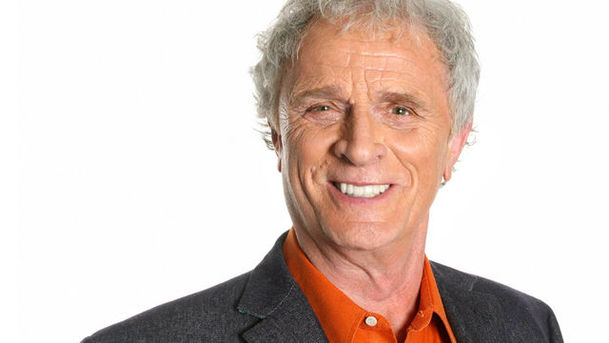
Thinking Allowed - 24/09/2008
Laurie Taylor explores the latest research into how society works.
Details
Thinking Allowed - 24/10/2007
Human behaviour, institutions and conventions are put under the microscope as Laurie Taylor leads a discussion on topical issues coming out of the academic and research world.
Details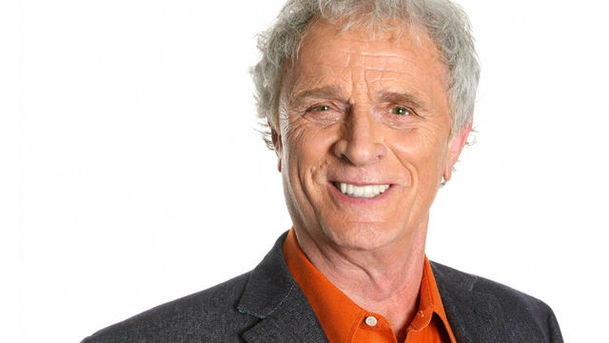
Thinking Allowed - 24/12/2008
Laurie Taylor brings past and present together to explore the culture of the detective. He talks to criminologists Louise Westmarland and Dick Hobbs and author Kate Summerscale.
Details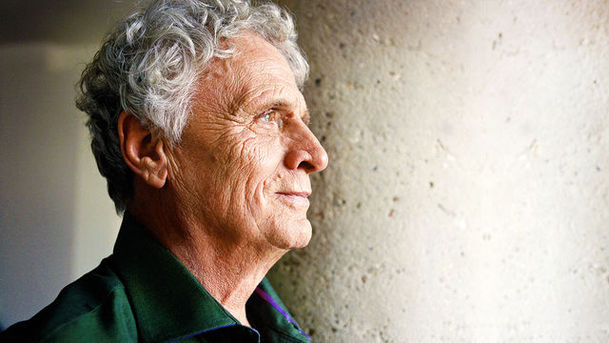
Thinking Allowed - 25/02/2009
Laurie Taylor explores the latest research into how society works.
Details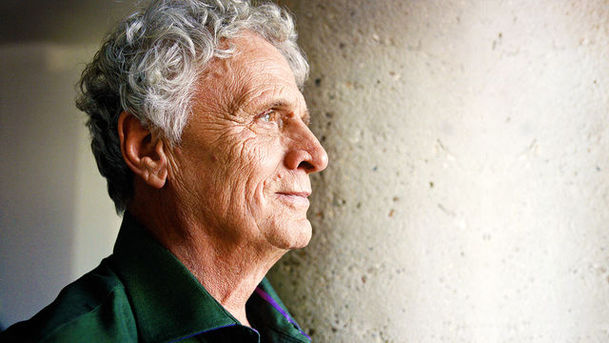
Thinking Allowed - 25/03/2009
In this edition Laurie investigates the politics of climate change and whether there is now a new capitalism.
Details
Thinking Allowed - 25/04/2007
Human behaviour, institutions and conventions are put under the microscope as Laurie Taylor leads a discussion on topical issues coming out of the academic and research world.
Details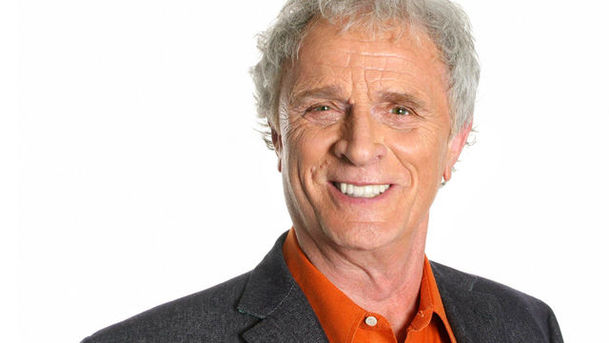
Thinking Allowed - 25/06/2008
Laurie Taylor explores the latest research into how society works.
Details
Thinking Allowed - 25/07/2007
Human behaviour, institutions and conventions are put under the microscope as Laurie Taylor leads a discussion on topical issues coming out of the academic and research world.
Details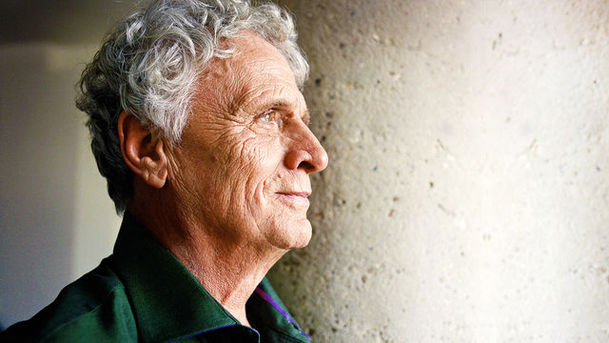
Thinking Allowed - 25/11/2009
Will the tactics of Obama's web 2.0 election campaign be echoed at the UK polls in 2010 and transform party politics? Laurie Taylor discusses with political scientist Rachel Gibson.
Details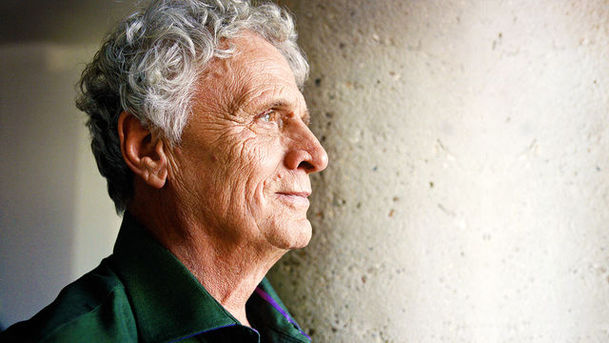
Thinking Allowed - 26/01/2011
Is there a conflict between liberty and equality? The philosopher Ronald Dworkin provides a solution to the age old problem. Also, how to get ahead in politics.
Details
Thinking Allowed - 26/03/2008
Laurie Taylor visits Marseille to explore its unique racial geography. When France was torn apart by riots, why did its most diverse city remain unscathed?
Details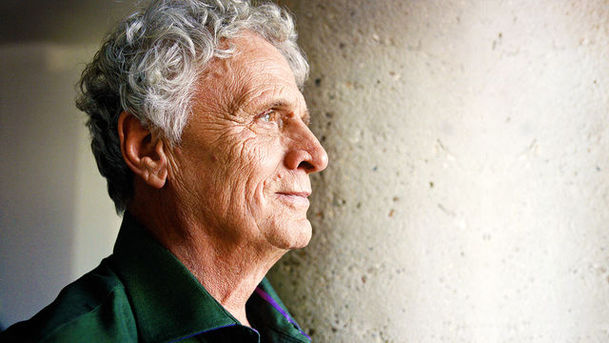
Thinking Allowed - 26/05/2010
Cultural critic Paul Gilroy claims that black music has lost its moral authority and is in decline. He joins Laurie Taylor and Caspar Melville to discuss the charge.
Details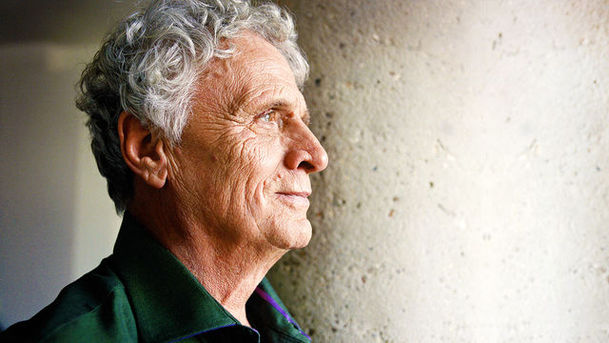
Thinking Allowed - 26/08/2009
In a special edition of the programme, Laurie Taylor discusses the life and work of leading cultural commentator Richard Hoggart, author of The Uses of Literacy.
Details
Thinking Allowed - 26/09/2007
Human behaviour, institutions and conventions are put under the microscope as Laurie Taylor leads a discussion on topical issues coming out of the academic and research world.
Details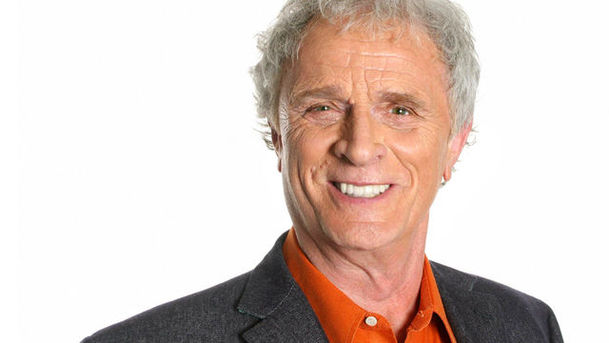
Thinking Allowed - 26/11/2008
Laurie Taylor explores the latest research into how society works.
Details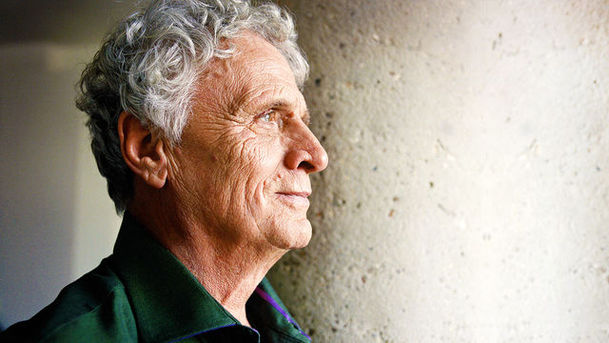
Thinking Allowed - 27/01/2010
What happened to the Brits who stayed on after Hong Kong passed into Chinese hands? Also, the characteristics of the BNP's electoral support.
Details
Thinking Allowed - 27/02/2008
Human behaviour, institutions and conventions are put under the microscope as Laurie Taylor leads the discussion on topical items and issues coming out of the academic world.
Details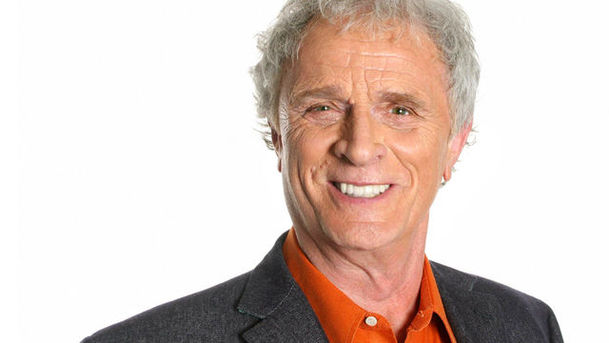
Thinking Allowed - 27/05/2009
Laurie Taylor hears of a new study which compares betting shops to 18th-century coffee houses. Plus Miriam Glucksmann on updating her study of women working on assembly lines.
Details
Thinking Allowed - 27/06/2007
How has erotic and intimate life changed since 1945? Laurie Taylor hears the findings of a new report by sociologist Jeffrey Weeks.
Details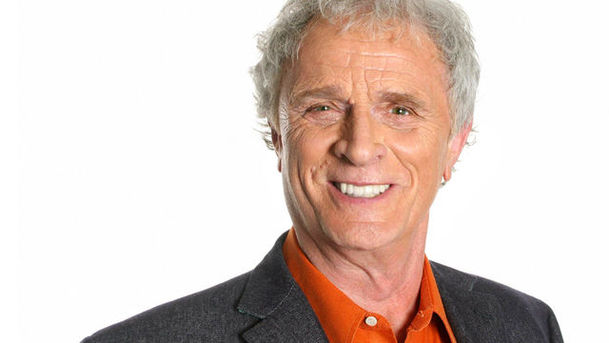
Thinking Allowed - 28/01/2009
Laurie Taylor explores the latest research into how society works.
Details
Thinking Allowed - 28/03/2007
Laurie Taylor discusses new research into the role of sexuality and gender identity in suicide and deliberate self-harm among young people.
Details
Thinking Allowed - 28/05/2007
Why do street people and rough sleepers use names to disguise their identity and how can an understanding of the culture aid those who want to help them? Laurie Taylor investigates.
Details
Thinking Allowed - 28/05/2008
Laurie Taylor explores the latest research into how society works.
Details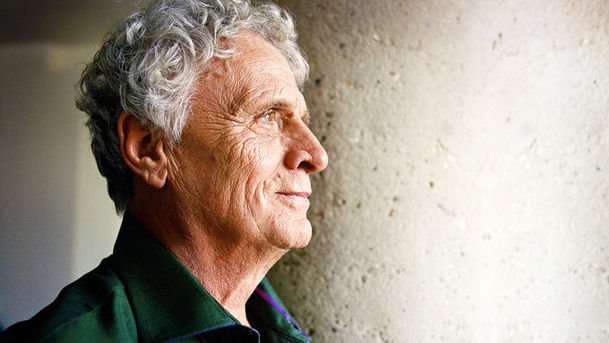
Thinking Allowed - 28/10/2009
Laurie Taylor discusses new research into the reasons people decide to donate or not donate the organs of a recently dead family member or loved one.
Details
Thinking Allowed - 28/11/2007
Human behaviour, institutions and conventions are put under the microscope as Laurie Taylor leads a discussion on topical issues coming out of the academic and research world.
Details
Thinking Allowed - 29/04/2007
Human behaviour, institutions and conventions are put under the microscope as Laurie Taylor leads a discussion on topical issues coming out of the academic and research world.
Details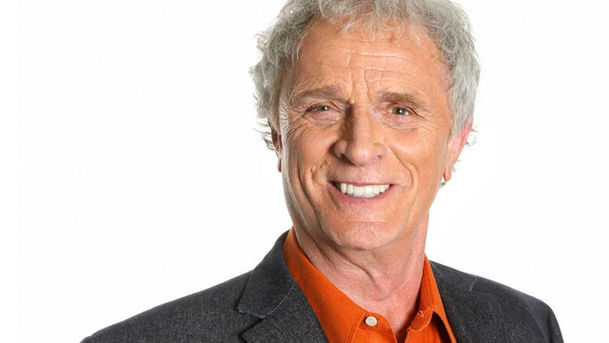
Thinking Allowed - 29/04/2009
Laurie Taylor talks to Caroline Simone about her new study of the families of suicide victims, and hears how retelling stories of the experience can help people enormously.
Details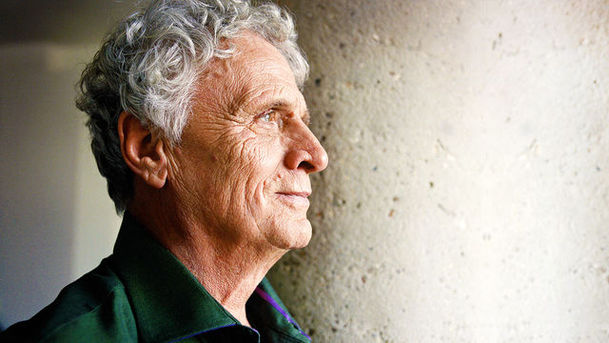
Thinking Allowed - 29/07/2009
What does literature and art owe to the clash of cultures? Tariq Ali talks about Don Quixote, and Peter Burke and Angele McRobbie discuss colonial pressures and cultural hybridity.
Details
Thinking Allowed - 29/08/2007
2/3. Laurie Taylor presents three programmes examining the social gaps in today's divided Britain. Politicians David Willetts and Frank Field explore the generation gap.
Details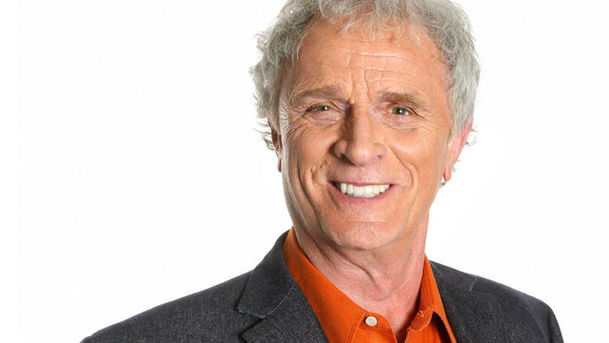
Thinking Allowed - 29/10/2008
Laurie Taylor debates research into the changing attitudes towards the bodies displayed in our museums.
Details
Thinking Allowed - 30/01/2008
Human behaviour, institutions and conventions are put under the microscope as Laurie Taylor leads a discussion on topical issues coming out of the academic and research world.
Details
Thinking Allowed - 30/04/2008
Laurie Taylor explores the latest research into how society works.
Details
Thinking Allowed - 30/05/2007
Human behaviour, institutions and conventions are put under the microscope as Laurie Taylor leads a discussion on topical issues coming out of the academic and research world.
Details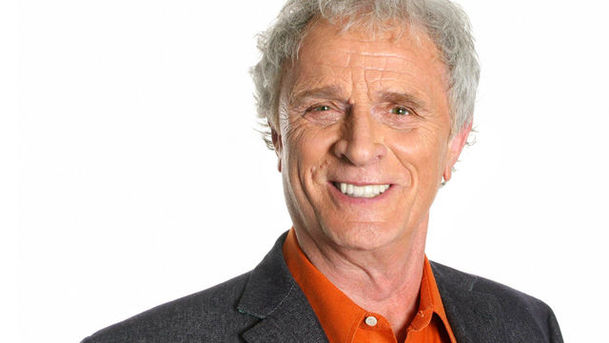
Thinking Allowed - 30/07/2008
Laurie Taylor explores the latest research into how society works.
Details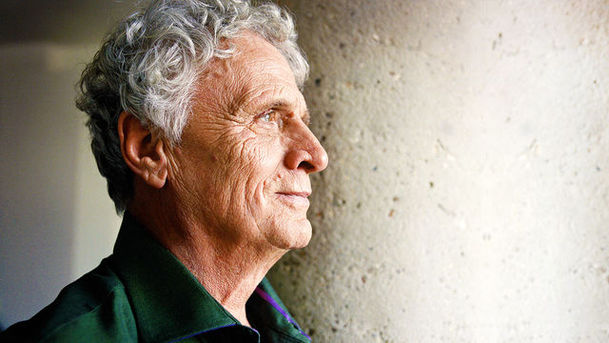
Thinking Allowed - 30/09/2009
Laurie Taylor discusses the secrets of criminal communication with mafia scholar Diego Gambetta and criminal sociologist Dick Hobbs.
Details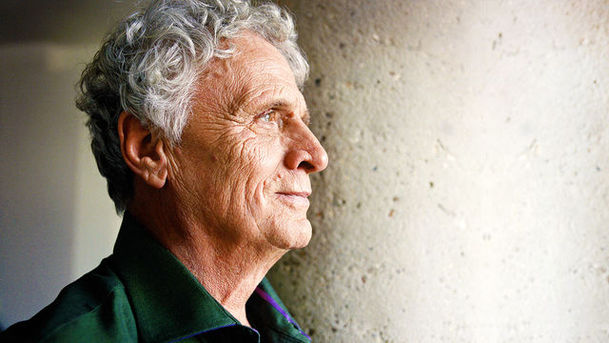
Thinking Allowed - 30/12/2009
Laurie Taylor is at the University of Bedfordshire with a panel of guests to discuss class, social mobility and whether higher education is open to all regardless of background.
Details
Thinking Allowed - 31/01/2007
Human behaviour, institutions and conventions are put under the microscope as Laurie Taylor leads a discussion on topical issues coming out of the academic and research world.
Details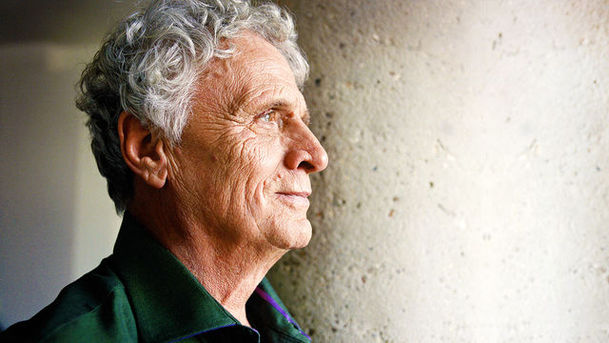
Thinking Allowed - 31/03/2010
Does the pharmaceutical industry limit or enlarge our understanding of sex in later life? Also, Laurie Taylor discusses the influence of race on marriage choices in South America.
Details
Thinking Allowed - 31/10/2007
Human behaviour, institutions and conventions are put under the microscope as Laurie Taylor leads a discussion on topical issues coming out of the academic and research world.
Details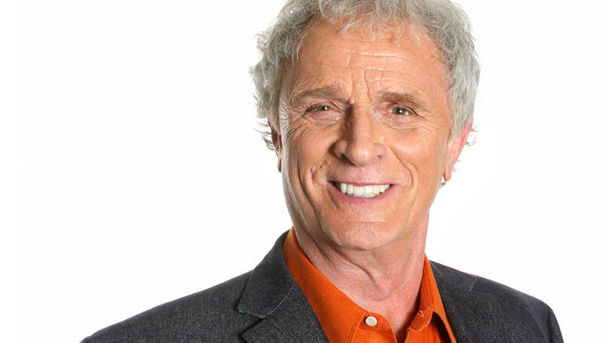
Thinking Allowed - 31/12/2008
Laurie Taylor explores the latest research into how society works.
Details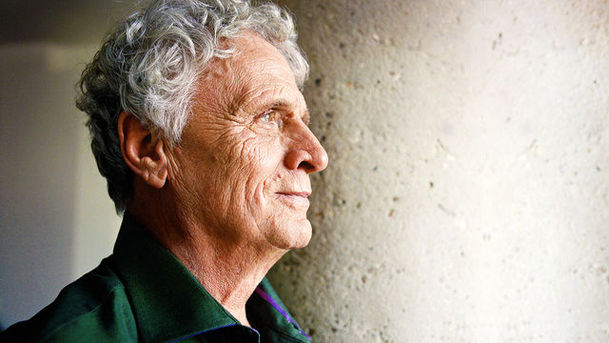
Thinking Allowed - Alienation
Marx claimed that the worker was a foreigner in his own land, estranged from himself and other human beings. Can his theory of alienation shed any light on today's world of work?
Details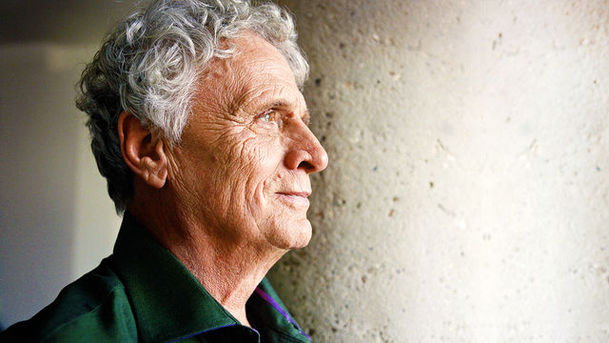
Thinking Allowed - Black Emancipation
What does it mean to be truly free? Laurie Taylor discusses emancipation, ideas of black freedom from slavery, through key figures of the 20th century to the present day.
Details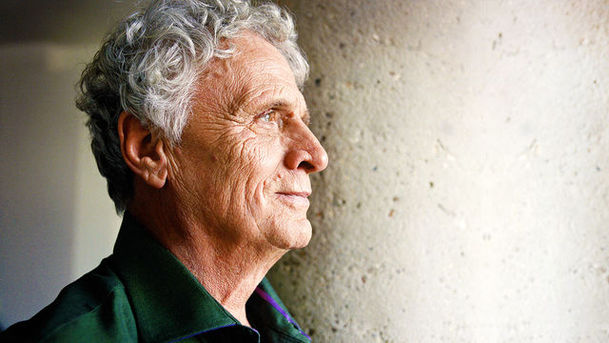
Thinking Allowed - Book publishing - Active Citizenship
Laurie Taylor examines new research looking at the US/UK publishing trade at a time of great change in the business and explores how media reform might enhance active citizenship.
Details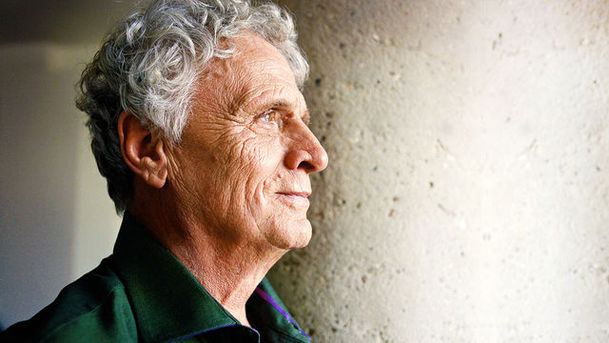
Thinking Allowed - British Society of Criminology Conference at Leicester University
Hate crime, skip-diving and filming behind bars - they are all on the agenda as Laurie Taylor visits the British Society of Criminology Conference at Leicester University.
Details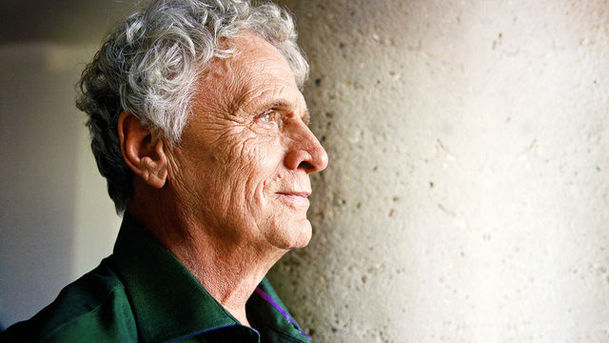
Thinking Allowed - Capitalism and Development
What disrupts the flows of money capitalism? How can poor countries best develop their societies? Laurie Taylor hears two thinkers attack the orthodoxy of modern economics.
Details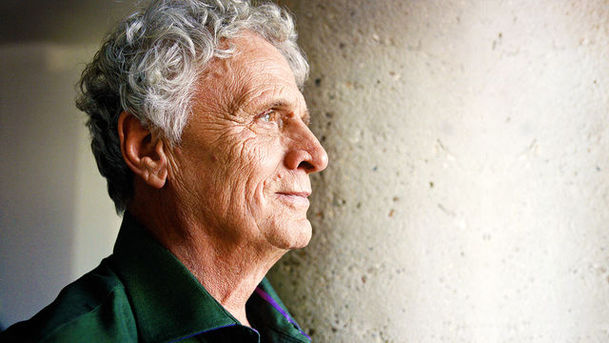
Thinking Allowed - Civic Core - Public convenience
Laurie Taylor looks at new research into the public convenience and discusses the notion of a civic core - who volunteers in their community and how.
Details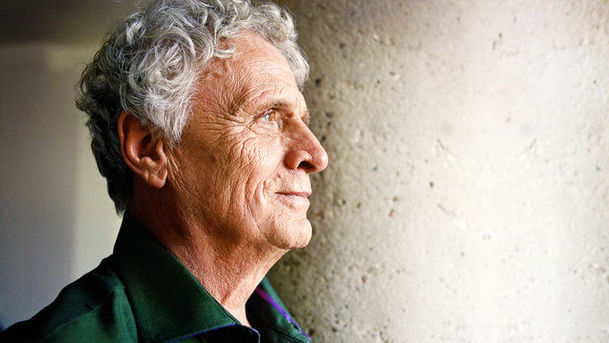
Thinking Allowed - Class at Christmas
Dickens saw Christmas as the one time when the rich and poor united in a spirt of shared humanity. But Laurie Taylor asks if that is any truer today than it was in Victorian times.
Details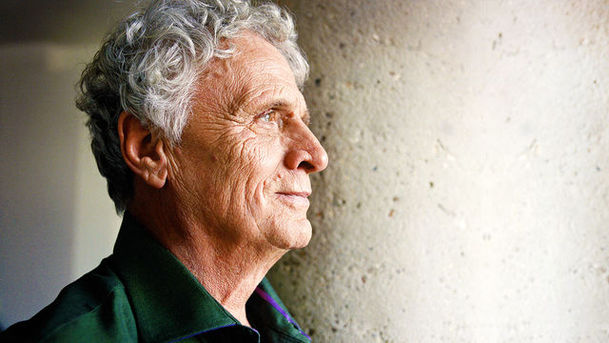
Thinking Allowed - Cosmopolitanism - Dietetics
Cosmopolitanism declares us to be citizens of the world, not just of nations. Laurie Taylor asks if such ideals are realistic. Also, the morality of medicine.
Details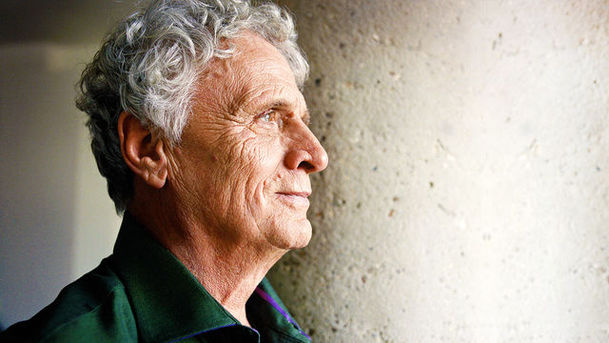
Thinking Allowed - Dective tours and Russian organised crime
Are some landscapes guilty? Laurie Taylor discusses the allure of the crime detective tour. Also, organised crime in Russia: how gangsterism and capitalism comfortably co-exist.
Details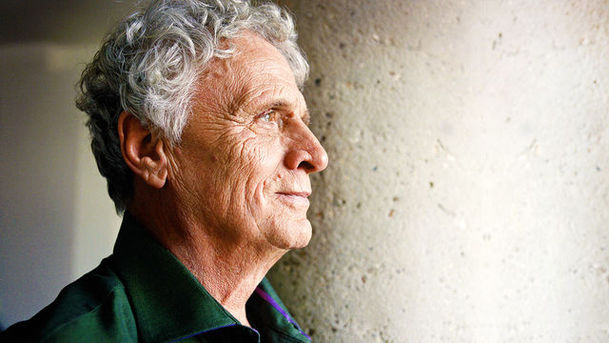
Thinking Allowed - Disenchantment
What does it mean for society to turn its back on ideas of magic? What is the social effect of rationality? Laurie Taylor explores Max Weber's concept of Disenchantment.
Details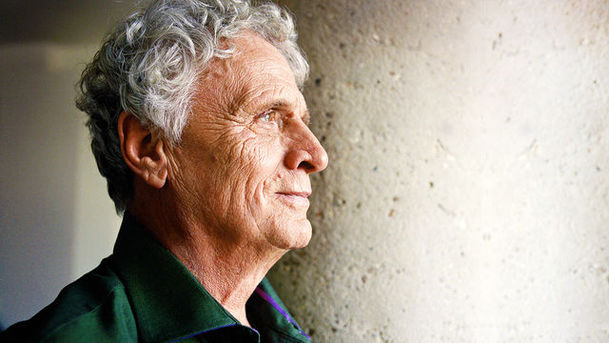
Thinking Allowed - Drugs trial calamity - McCarthy stigma
Laurie Taylor examines new research looking at the work prospects of blacklisted US actors and film workers during the McCarthy period from 1945-1960.
Details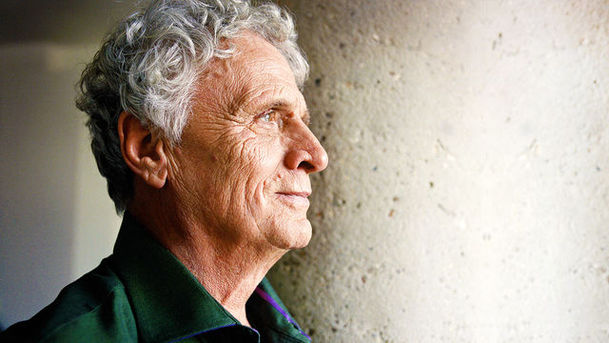
Thinking Allowed - Eavesdropping - CCTV in schools
Who hasn't listened into someone else's conversation? Chimps, spies and high society - John Locke tells Laurie about his exploration into the universal phenomenon of eavesdropping.
Details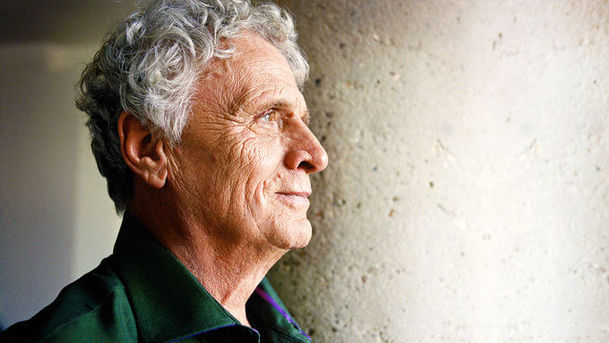
Thinking Allowed - Economic migration and happiness - Hairdressing and emotional labour
Laurie Taylor examines the notion of being paid to be nice in relation to hairdressing and asks whether migration leads to financial satisfaction.
Details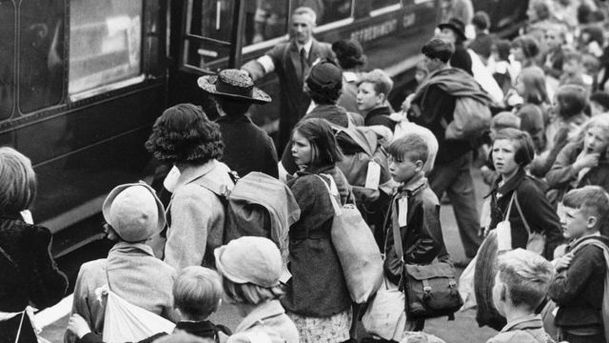
Thinking Allowed - Evacuation
Millions of people were sent from the town to the country during the Second World War and a new light was shone on the shocking deprivation of Britain's cities.
Details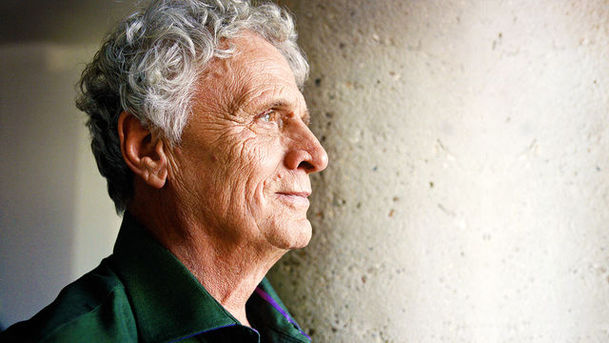
Thinking Allowed - Fanaticism
Does fanaticism exist or is it just a term applied to ideas which run counter to liberalism? John Gray and Alberto Toscano discuss with Laurie Taylor. And life in a high crime area.
Details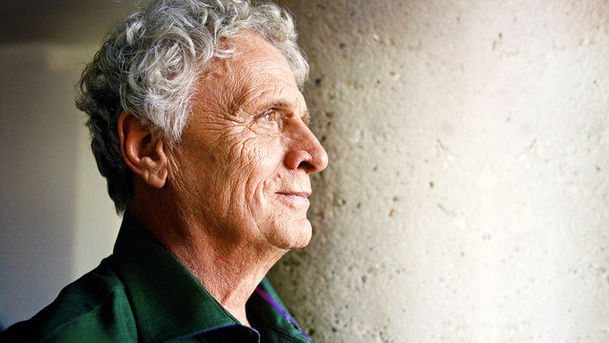
Thinking Allowed - French culture - Network Nudge
Laurie Taylor asks if French culture continues to have a global impact. Also, how can policy makers harness the power of networks to influence people's behaviour?
Details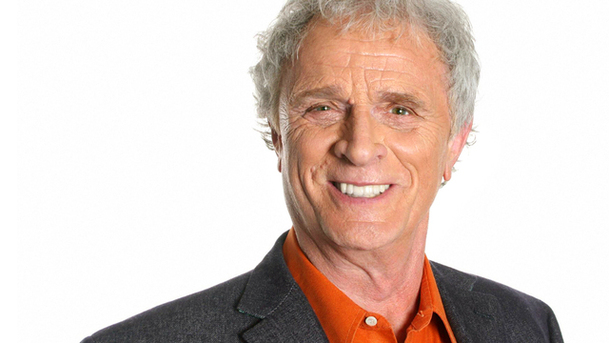
Thinking Allowed - Gentrification in Harlem
Laurie Taylor presents a special programme from New York, exploring the changes in a neighbourhood undergoing a huge economic revival and their effect on local residents.
Details
Thinking Allowed - Ghosts of Berlin
Ghosts of Berlin: Laurie Taylor visits Berlin to explore the city's continuing struggle with its troubled history. He visits Nazi monuments, Russian graveyards and Jewish memorials.
Details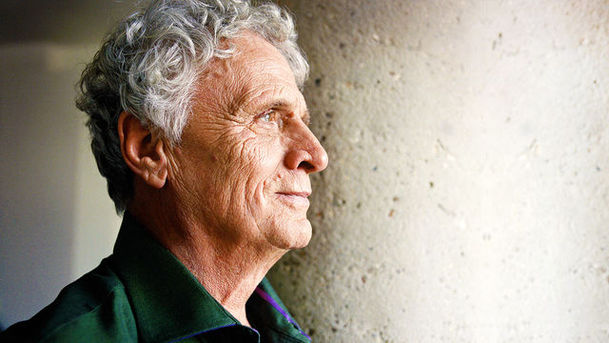
Thinking Allowed - Global higher education - Homophobia and football
Laurie Taylor looks at new research examining homophobia and football and discusses the ever expanding world of global higher education.
Details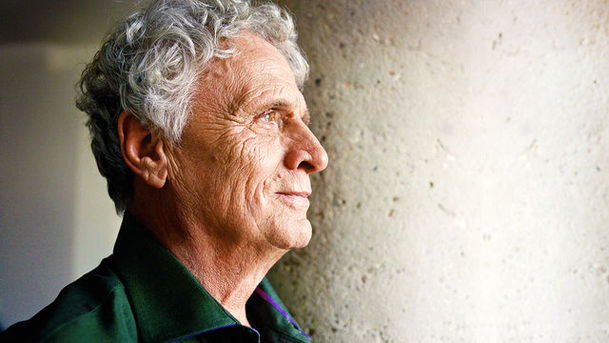
Thinking Allowed - Happy families? - Science's first mistake
Laurie Taylor asks if there ever was a golden age of marriage and family life and considers whether science overplays its claims to knowledge and truth.
Details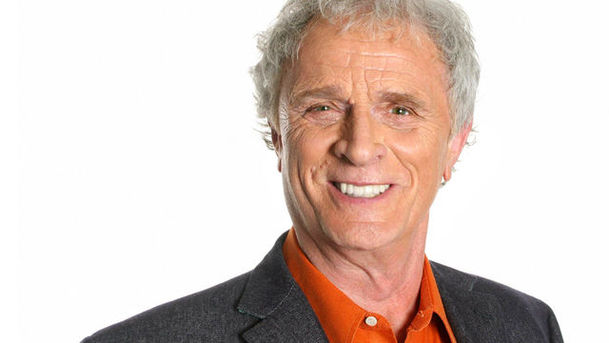
Thinking Allowed - Imagination and the City
Laurie Taylor discusses how imagination and reality combine to create our living environment. Guests are writer Will Self, sociologist Richard Sennett and geographer Doreen Massey.
Details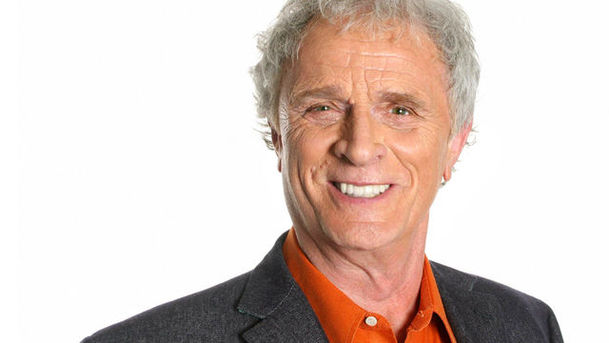
Thinking Allowed - Imagination and the Countryside
Laurie Taylor discusses how imagination and reality combine to create the environments in which we live. The British dream of the countryside is not always borne out by experience.
Details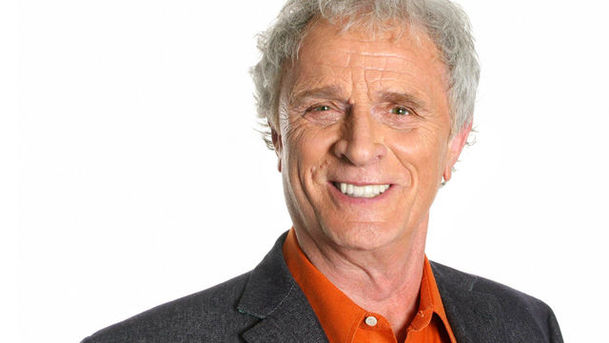
Thinking Allowed - Imagination and the Suburbs
Laurie Taylor discusses how imagination and reality combine to create the environments in which we live. With writer Iain Sinclair and sociologists Paul Barker and Nick Hubble.
Details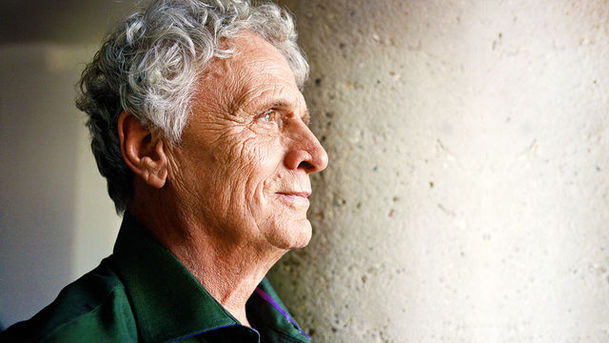
Thinking Allowed - INCIVILITY - AK-47 (Kalashnikov)
Laurie Taylor talks to Pulitzer prize winner C J Chivers about his new book examining the cultural, social and political impact of the AK-47. Laurie also discusses incivility.
Details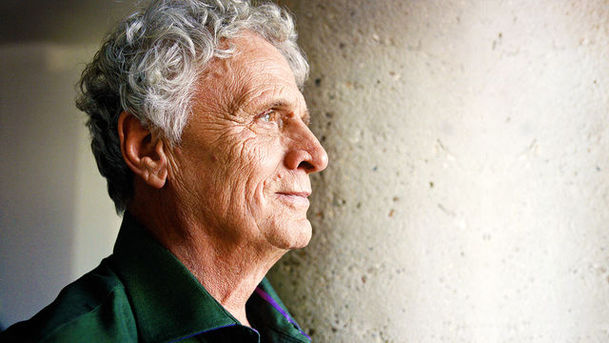
Thinking Allowed - Inequality and nakedness
Why are naked bodies taboo, and are attitudes finally changing? Laurie Taylor discusses the history of nakedness. Also, Danny Dorling on 'myths' which perpetuate inequality.
Details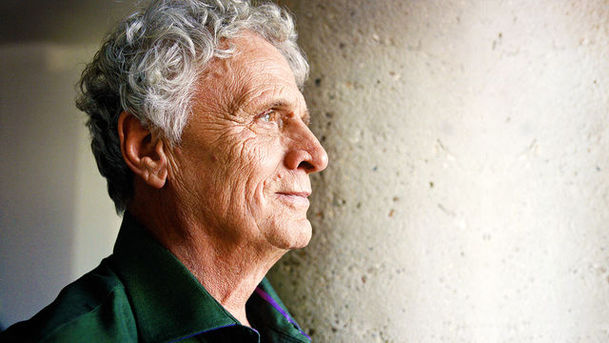
Thinking Allowed - Lap dancing - Climate change
Inside the lives of women who strip: Laurie Taylor hears from Rachela Colosi about her research into a lap dancing club. Also, how climate change will change British society.
Details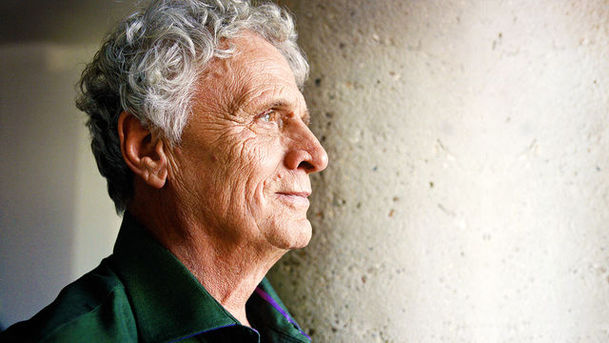
Thinking Allowed - Liverpool Football Club - Au Pairs
Laurie Taylor looks at the experiences of au pairs in the UK and examines the relationship between Liverpool Football Club and the city of Liverpool itself.
Details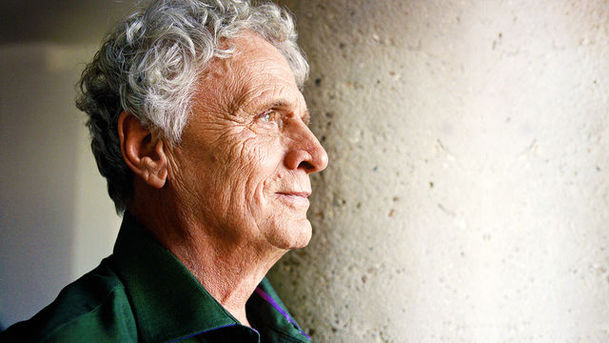
Thinking Allowed - Niall Ferguson on financier Siegmund Warburg
Laurie Taylor talks to Niall Ferguson about Siegmund Warburg, the dominant figure of the City of London and a leading architect of European financial integration.
Details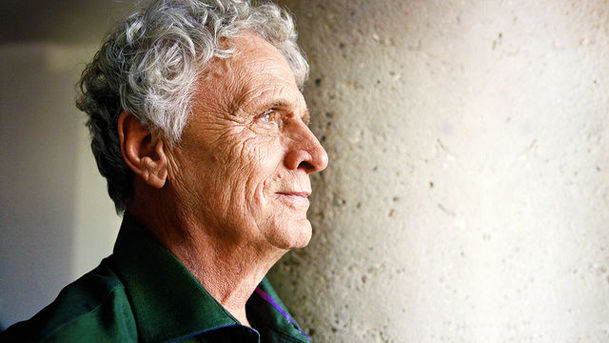
Thinking Allowed - Oslo drug dealers - Choice
We have more choice than ever, but the pressure to 'be oneself' can lead to great anxiety. Laurie Taylor explores whether choice is ruining our lives. Also, drug dealing in Oslo.
Details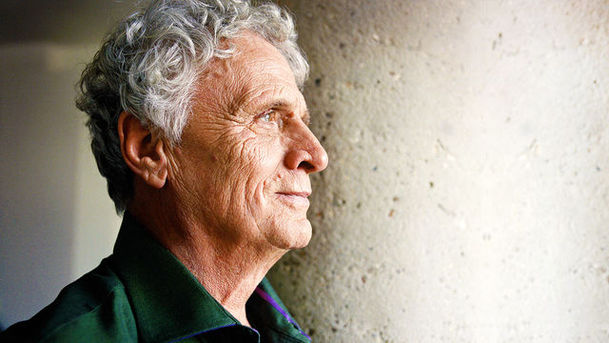
Thinking Allowed - Physiognomy and Teenage music
How much can be told about a person by looking at their face? Laurie Taylor explores the impact on culture of the strange and complex ideas of physiognomy.
Details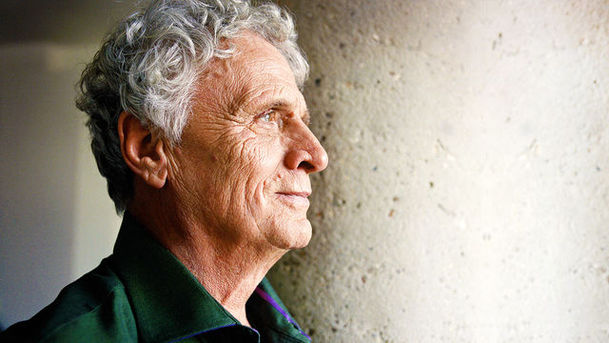
Thinking Allowed - Politically connected firms - Gangs and Territory
Laurie Taylor explores the differences between politically connected and non-connected businesses around the World. He also discusses how territory influences youth gangs.
Details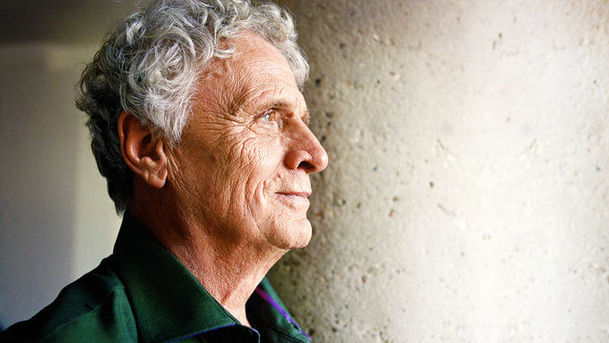
Thinking Allowed - Robots and gender - Economic progress
Since the financial crisis, economic growth is seen as problematic by some. Daniel Ben-Ami tells Laurie Taylor why increasing affluence benefits all. Also, roboticisation in Japan.
Details
Thinking Allowed - Sexual Revolutions
Sexual Revolutions: Laurie Taylor talks to Jeffrey Weeks about his new book The World We Have Won, which celebrates successive revolutions in erotic mores since 1945.
Details
Thinking Allowed - Sexual Revolutions
Sexual Revolutions: Laurie Taylor talks to Jeffrey Weeks about his new book The World We Have Won, which celebrates successive revolutions in erotic mores since 1945.
Details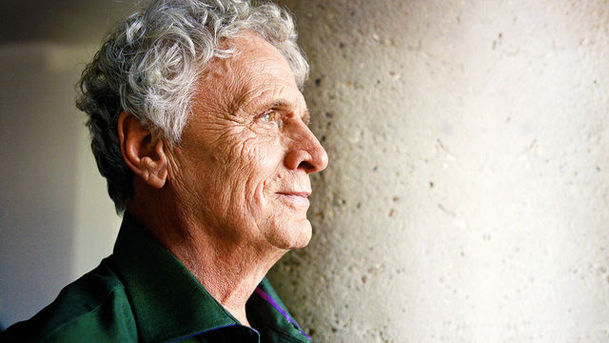
Thinking Allowed - Social Capital
A new concept, 'social capital', came along and took public policy by storm. The only trouble is that it's completely wrong, according to Ben Fine. Also, what it means to be a twin.
Details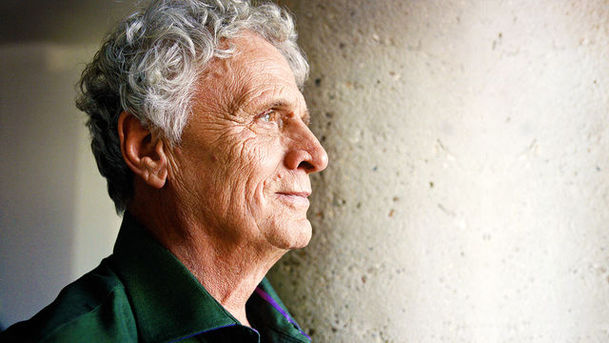
Thinking Allowed - Softer masculinity in the sixth form - Dr Who
Is Doctor Who Anti-American? US academic Marc Edward DiPaolo on his political analysis of five decades of the time-traveller. Also, new research on schoolboys getting less macho.
Details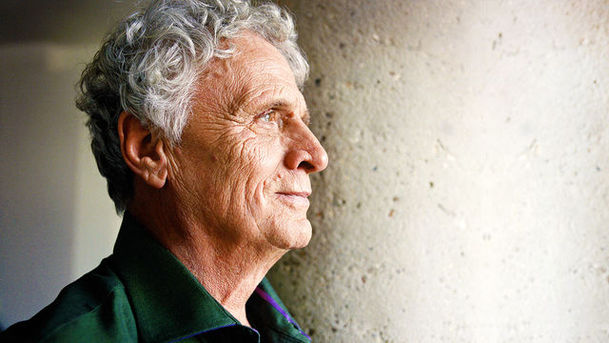
Thinking Allowed - Subcultures
How much do the pop infatuations of teen girls have in common with the cult of death metal? Laurie Taylor finds out from young delegates to a sub-culture conference.
Details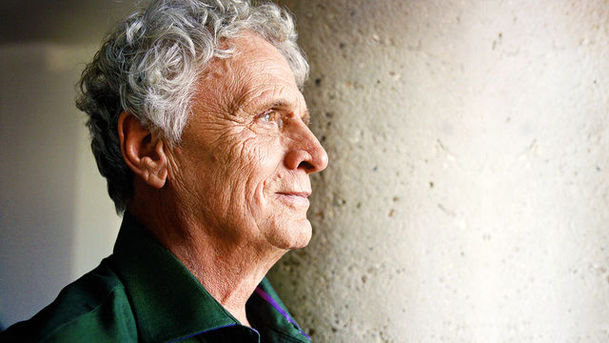
Thinking Allowed - Supermax - Western Rule
Laurie Taylor explores the growth of high security prisons in America alongside the increased use of solitary confinement. Laurie also discusses the dominance of the West.
Details
Thinking Allowed - The Death of Honour
Are we living in a 'post-honour society'? Social theorist James Bowman claims that the ancient idea of honour has become meaningless in the Western world.
Details
Thinking Allowed - Thinking Allowed
Why do street people and rough sleepers use names to disguise their identity and how can an understanding of the culture aid those who want to help them? Laurie Taylor investigates.
Details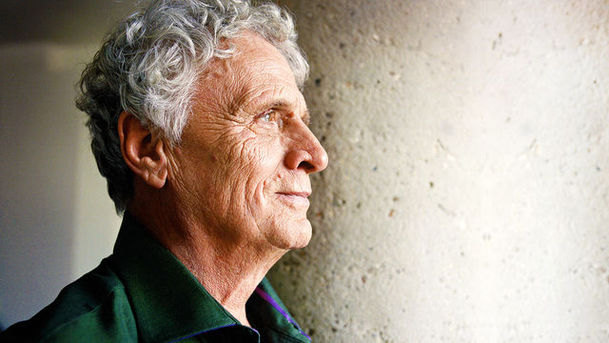
Thinking Allowed - Utopia
Laurie Taylor talks to Professor's Russell Jacoby, Ash Amin and Barbara Graziosi and The Bishop of Whitby, Martin Warner, about imagining 'utopia' in the 21st century.
Details